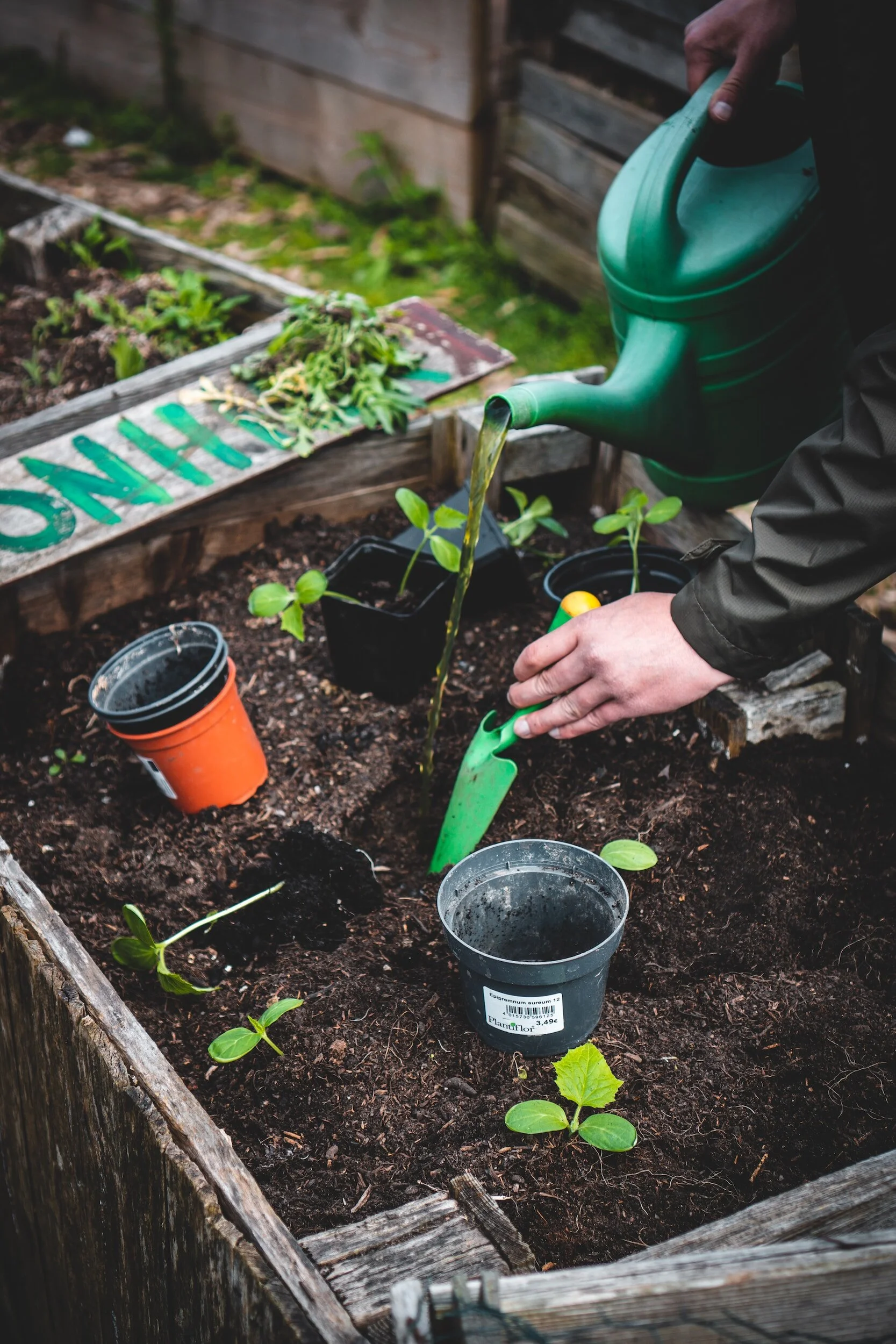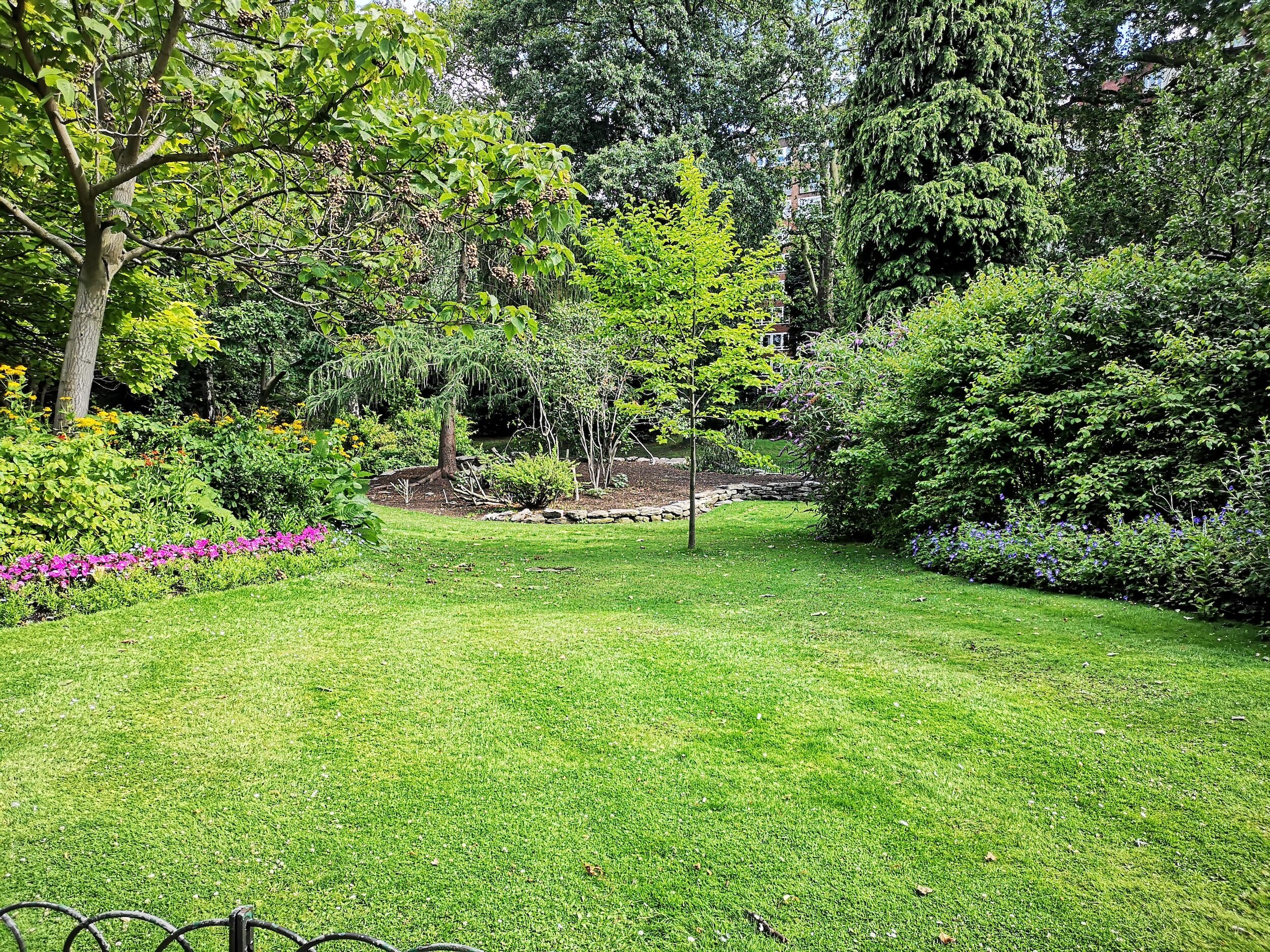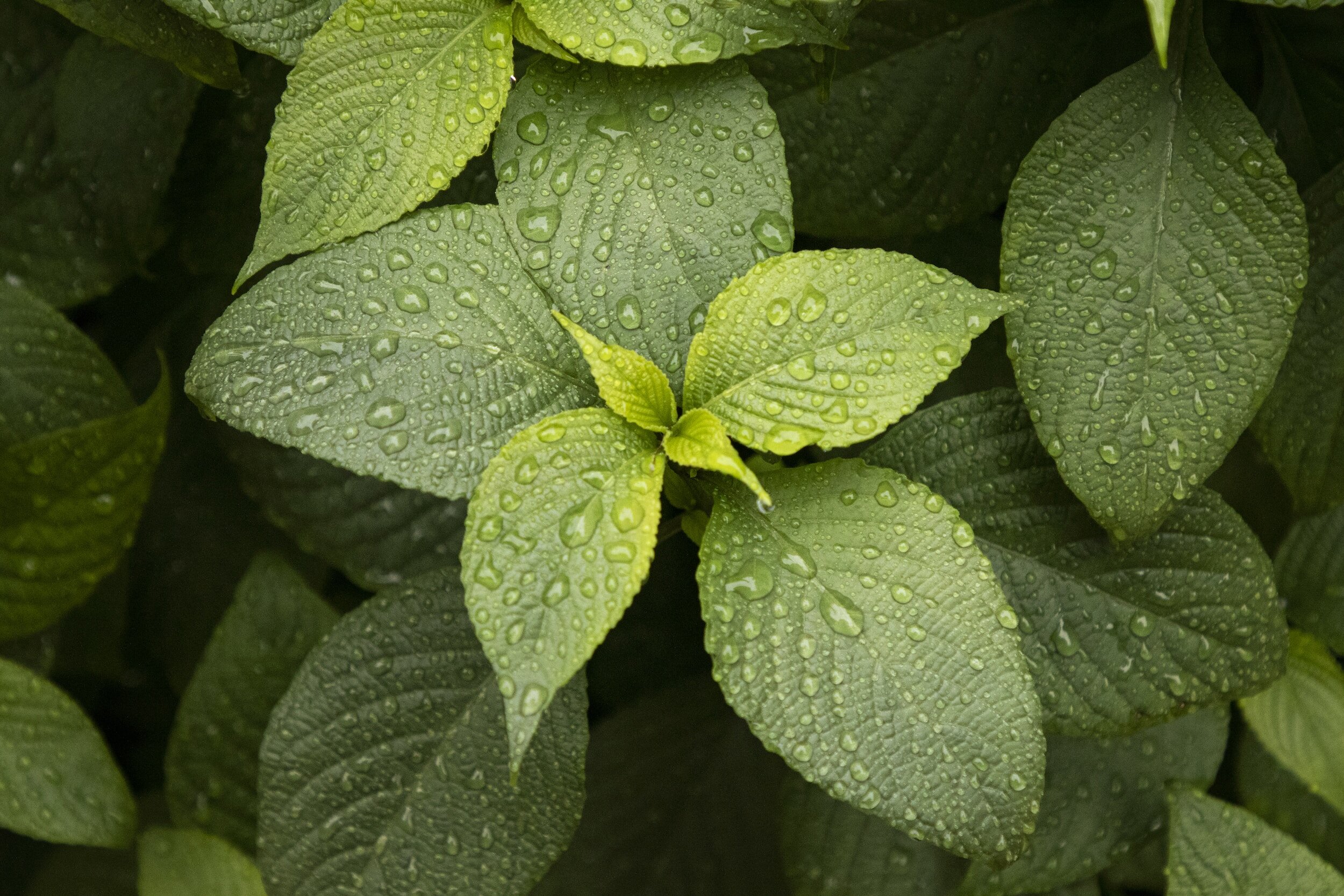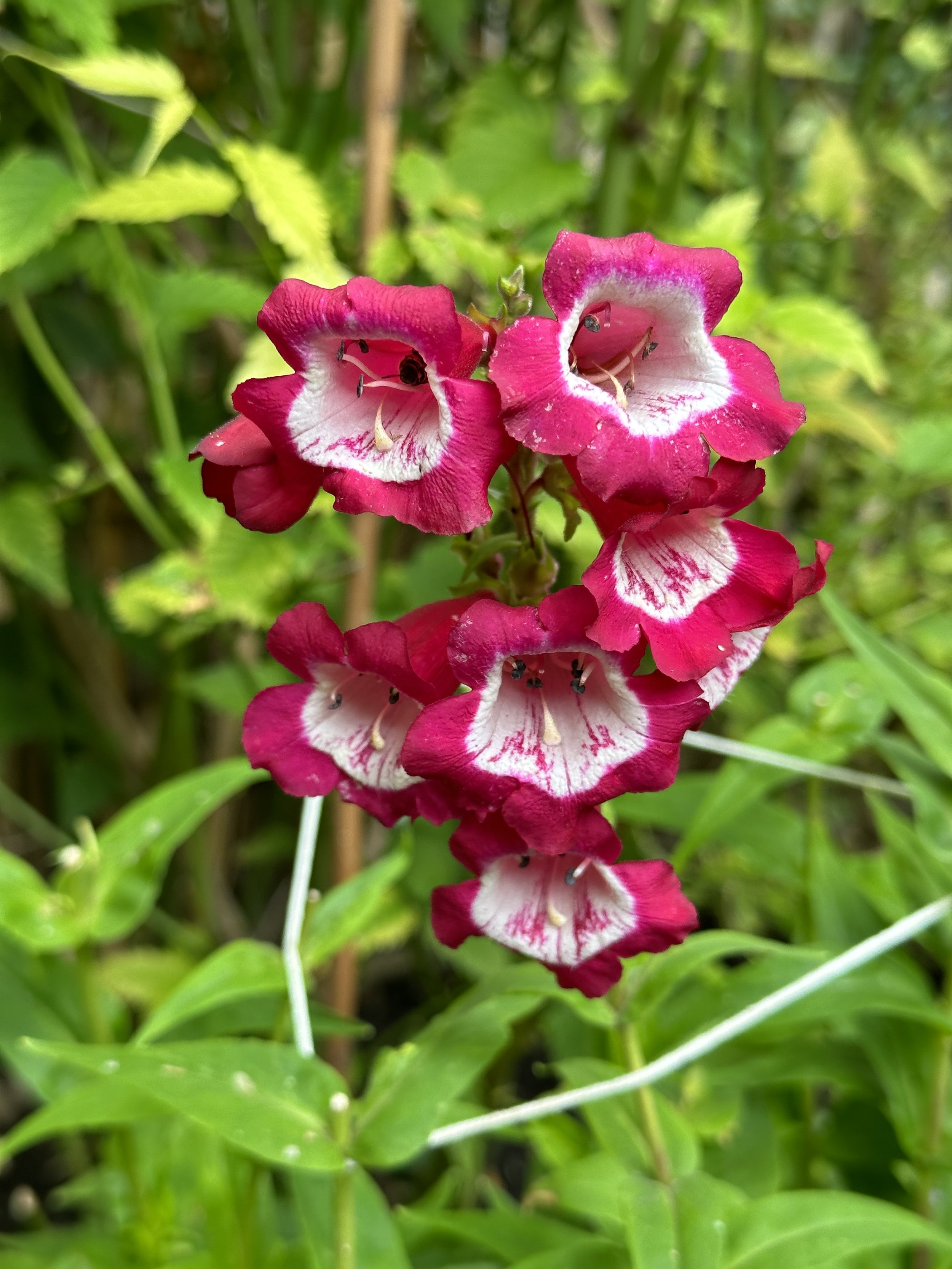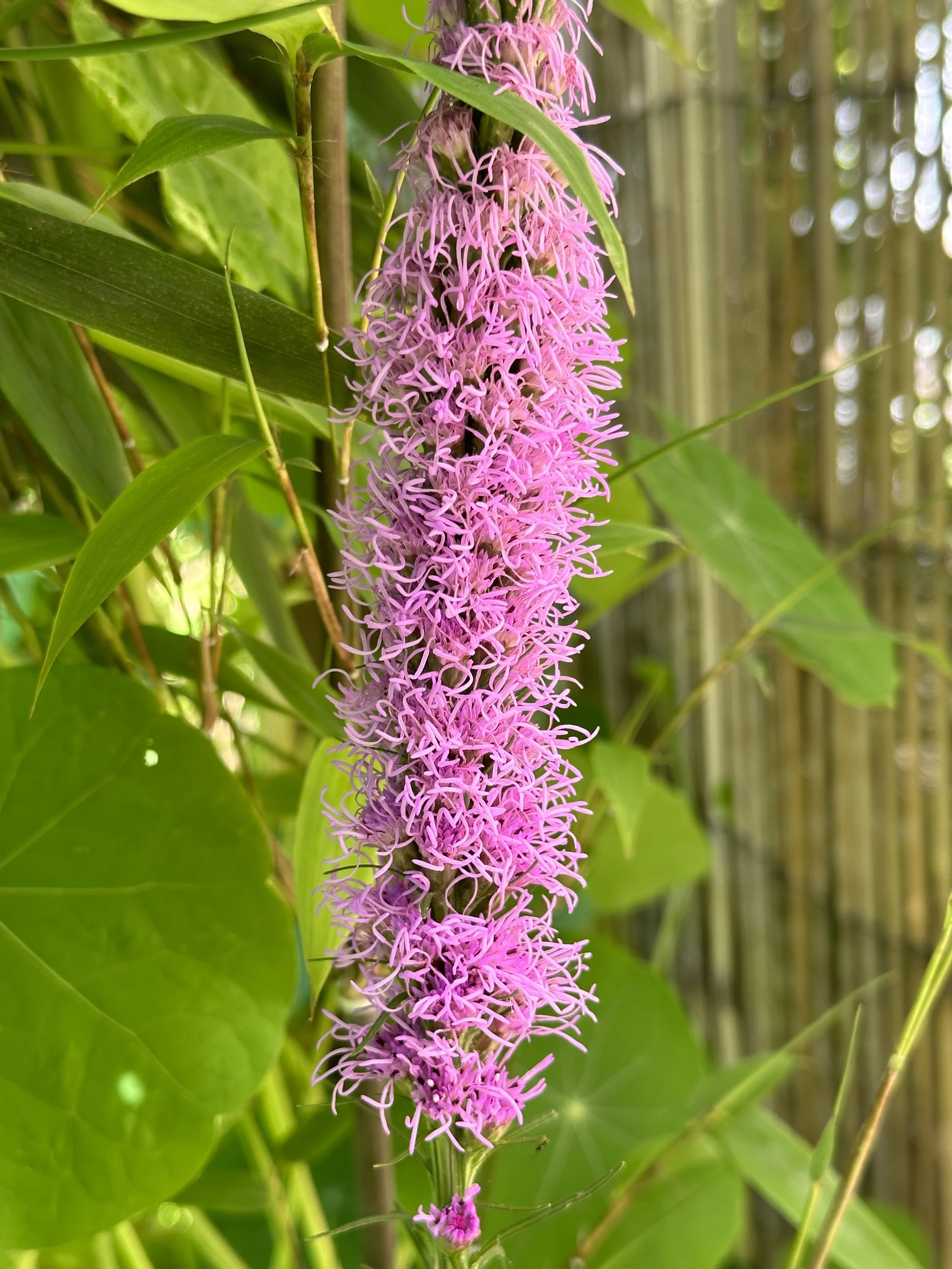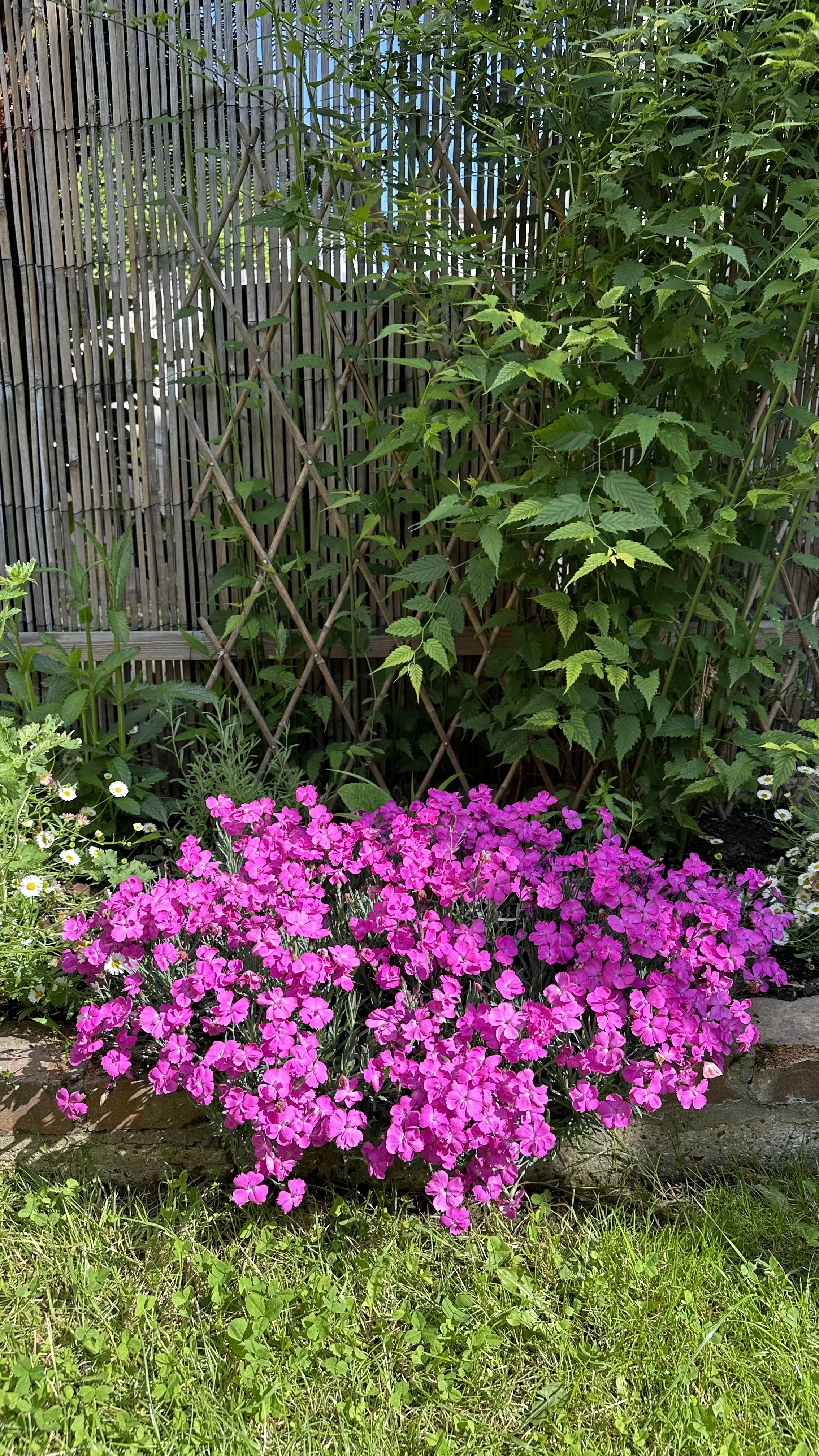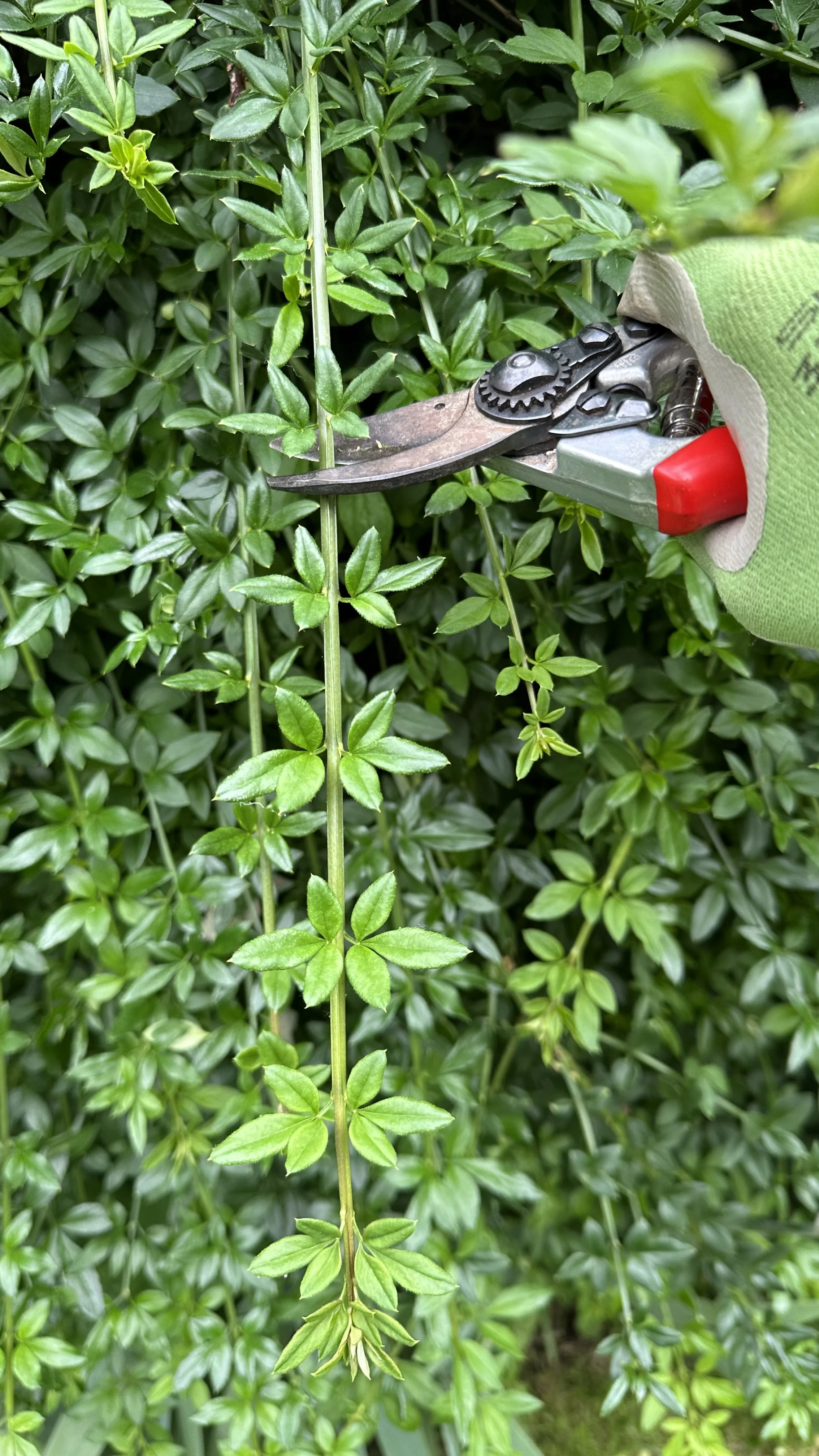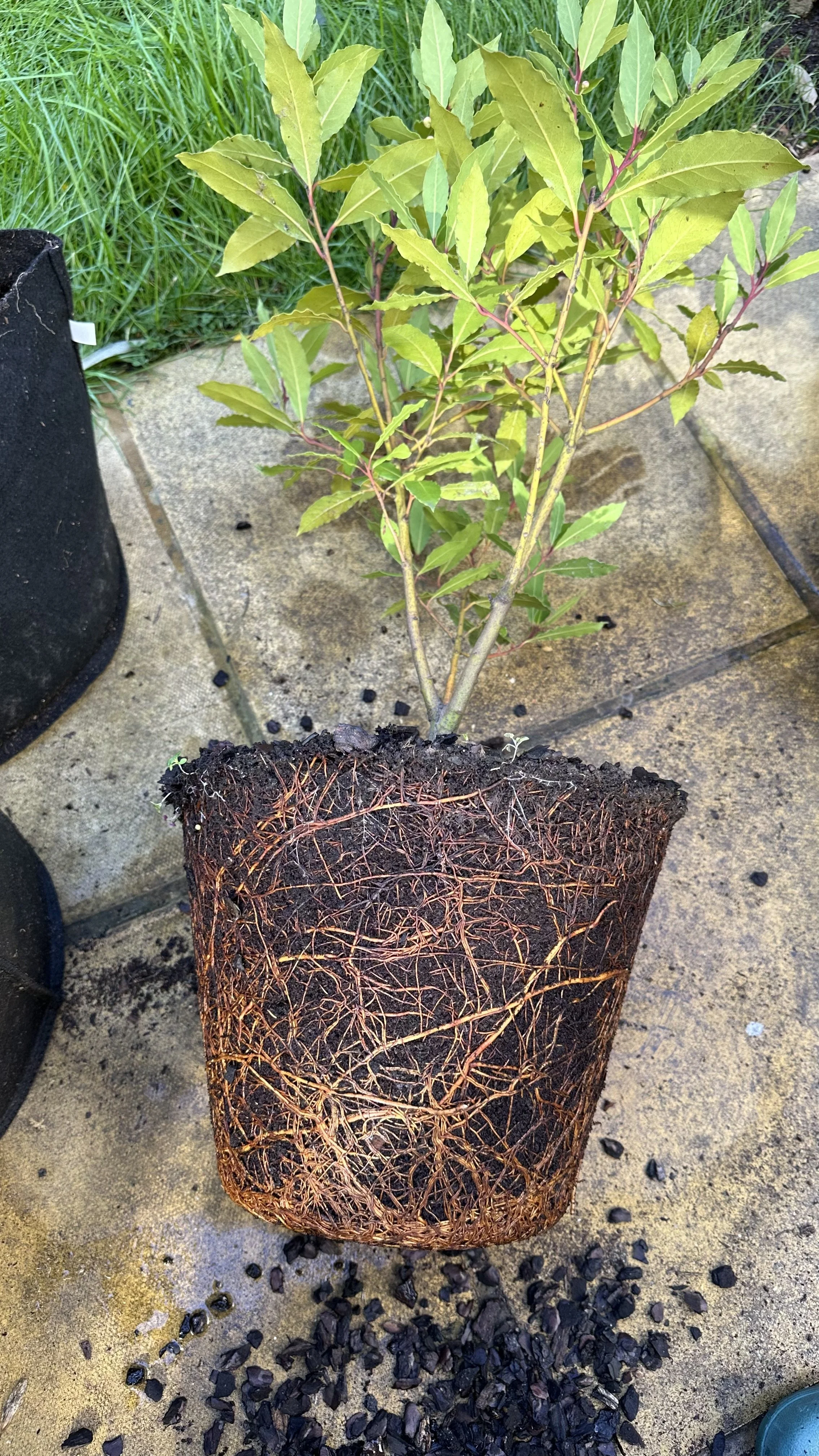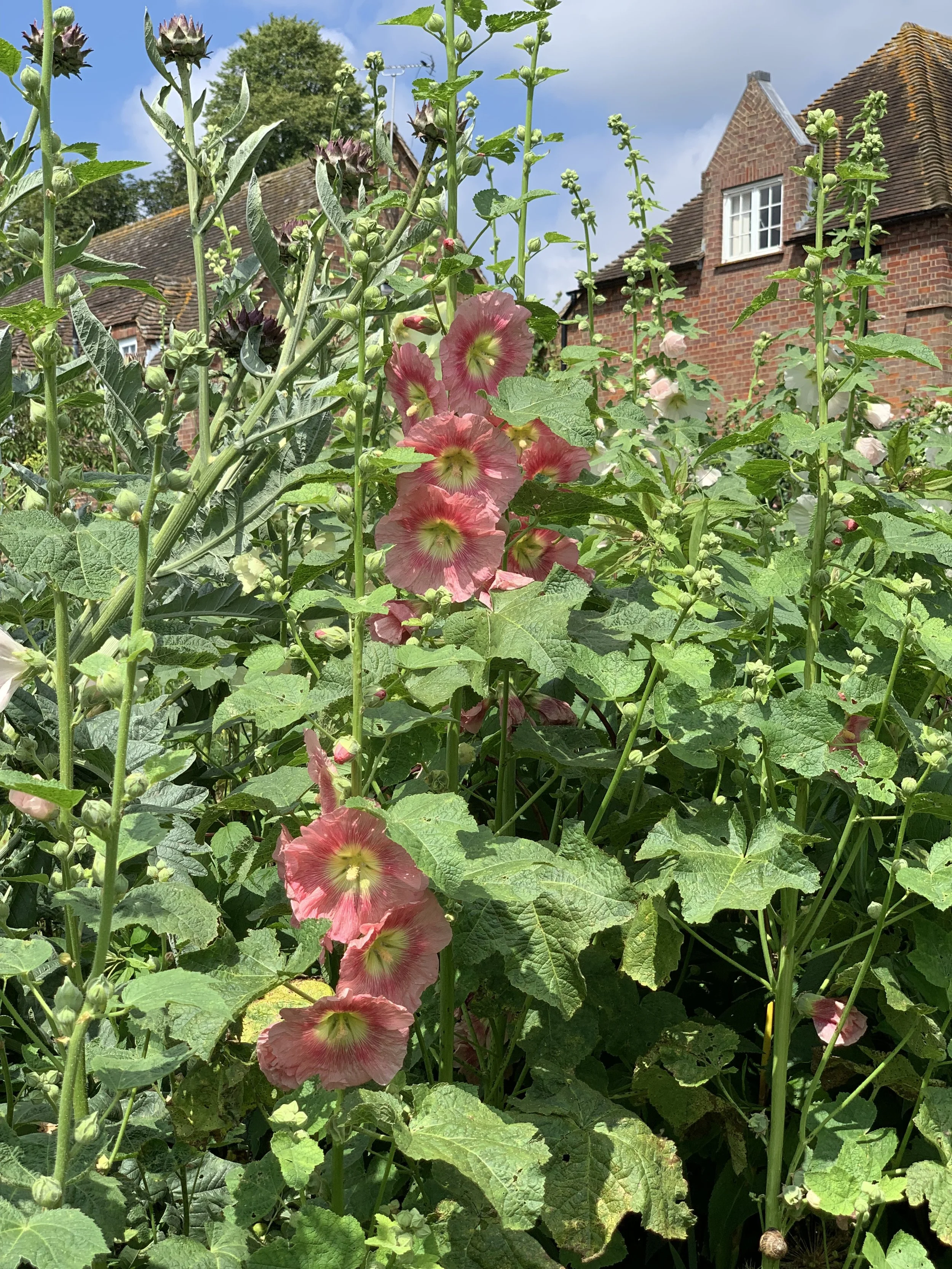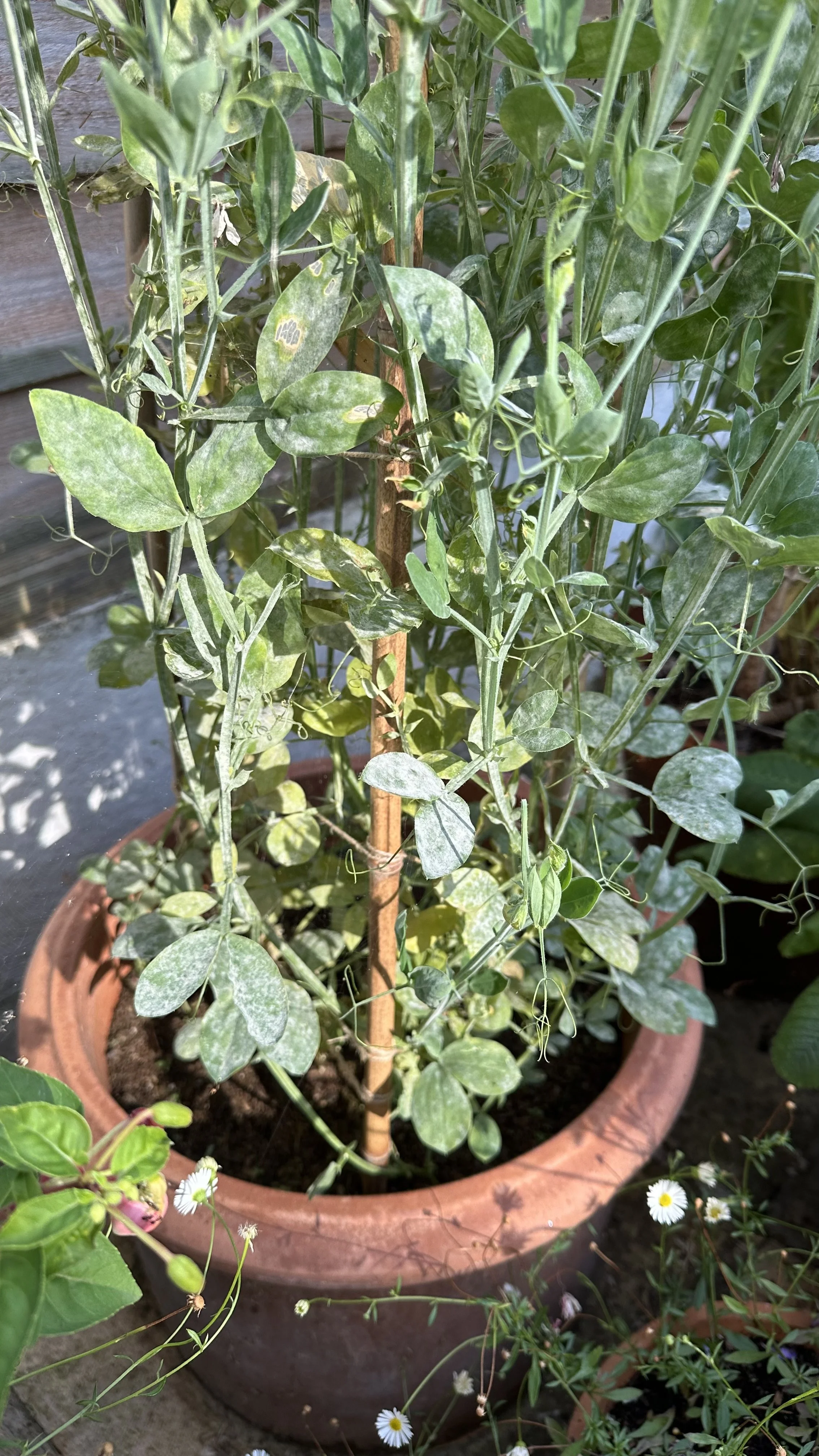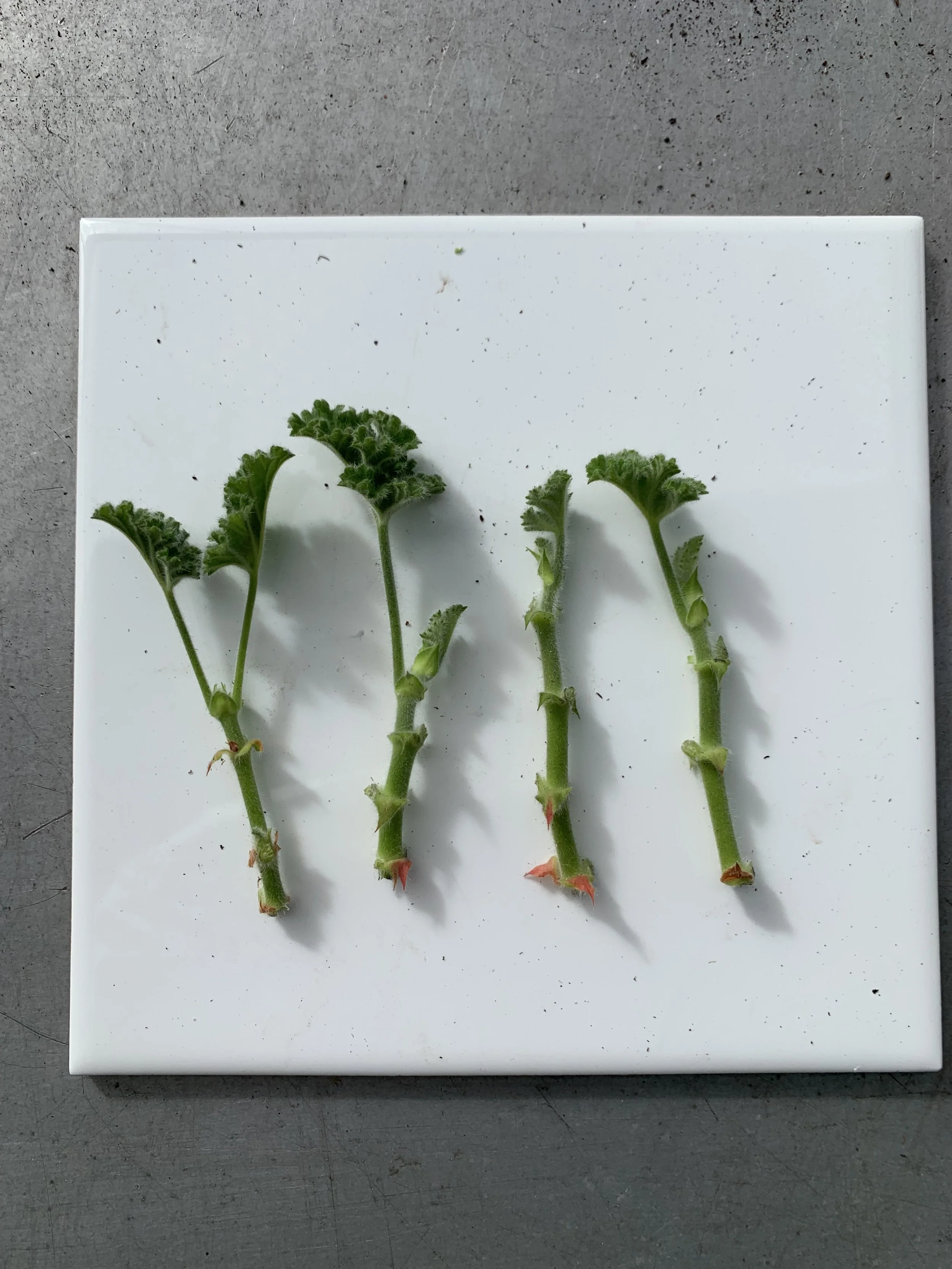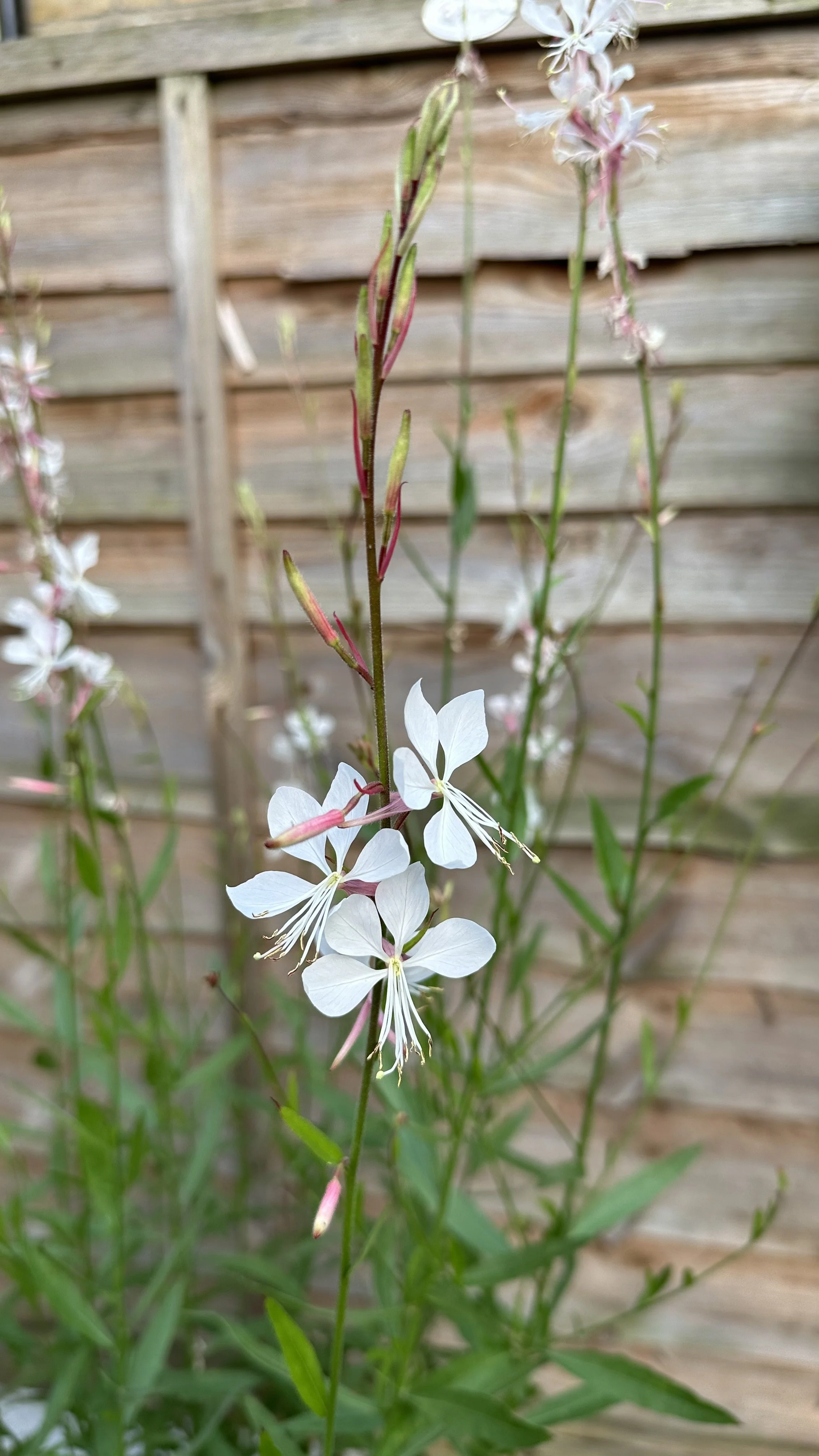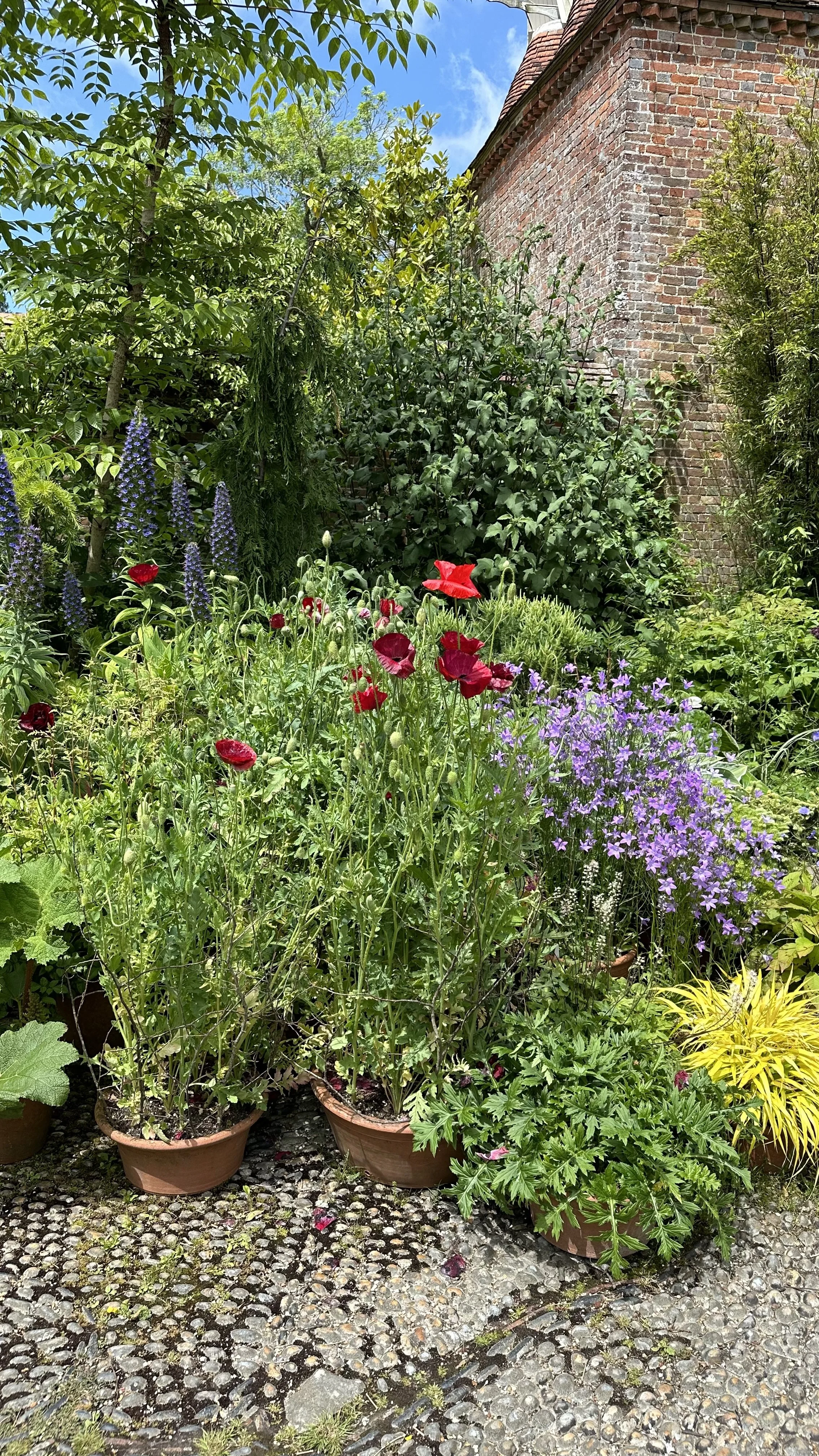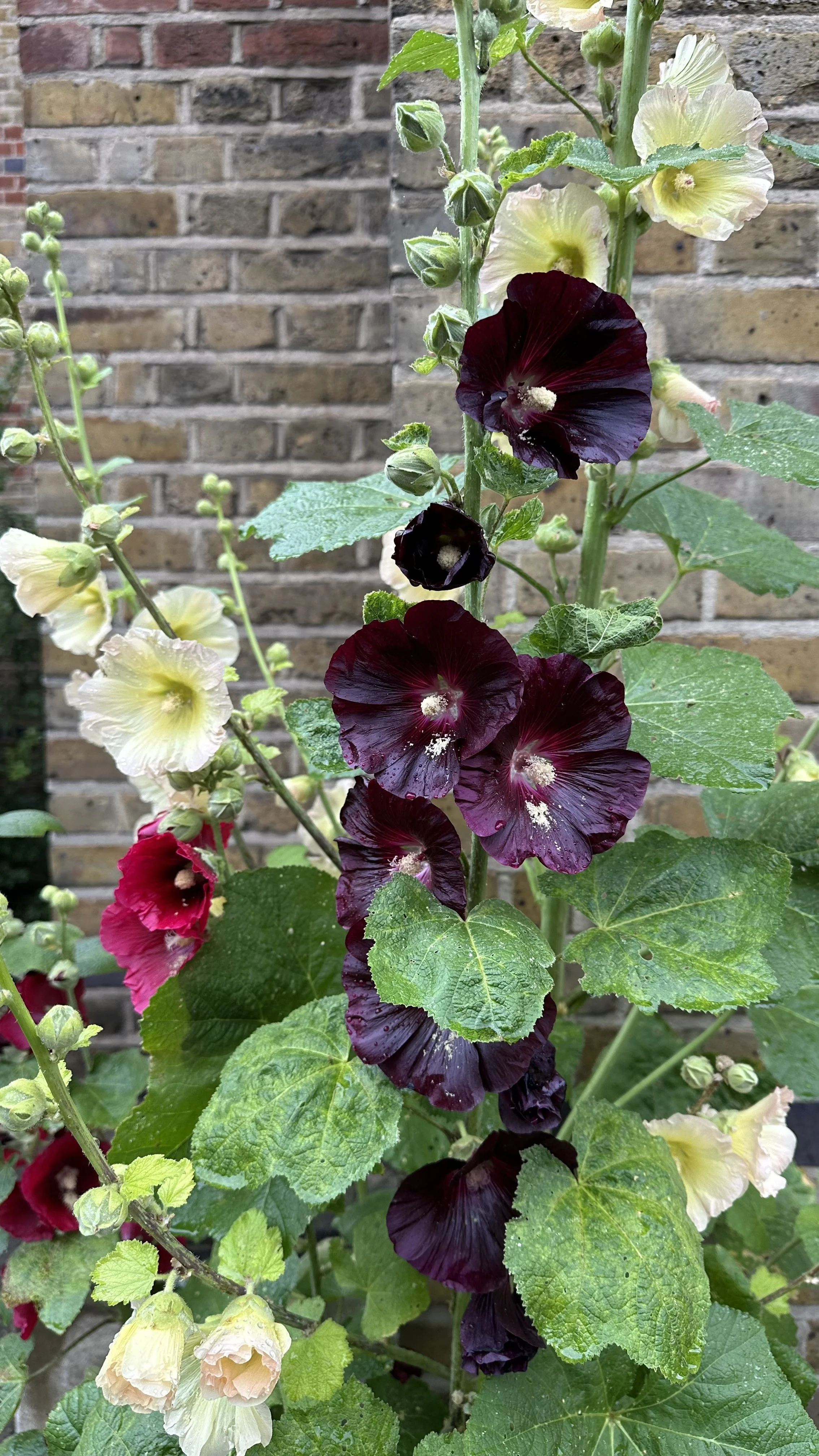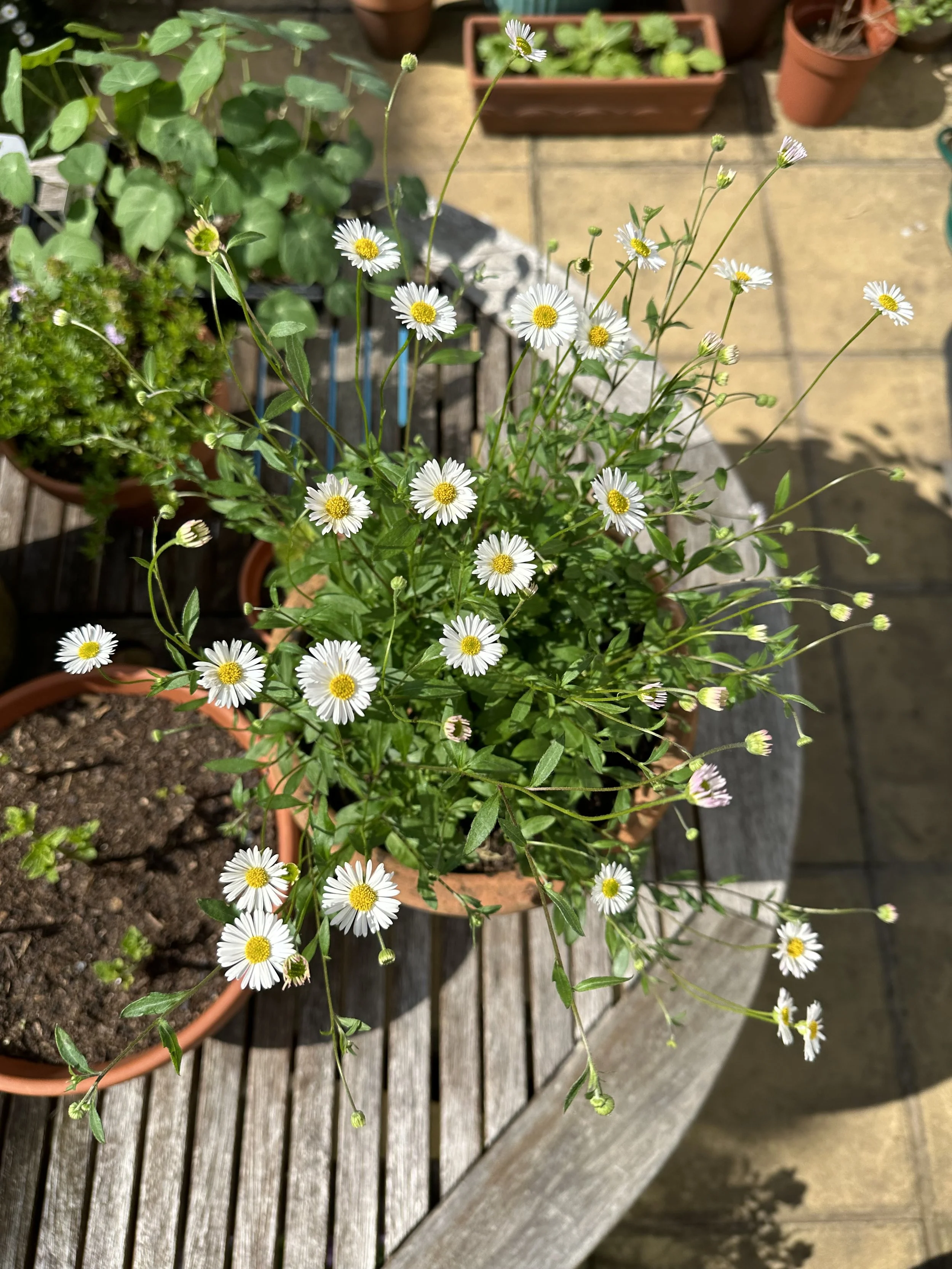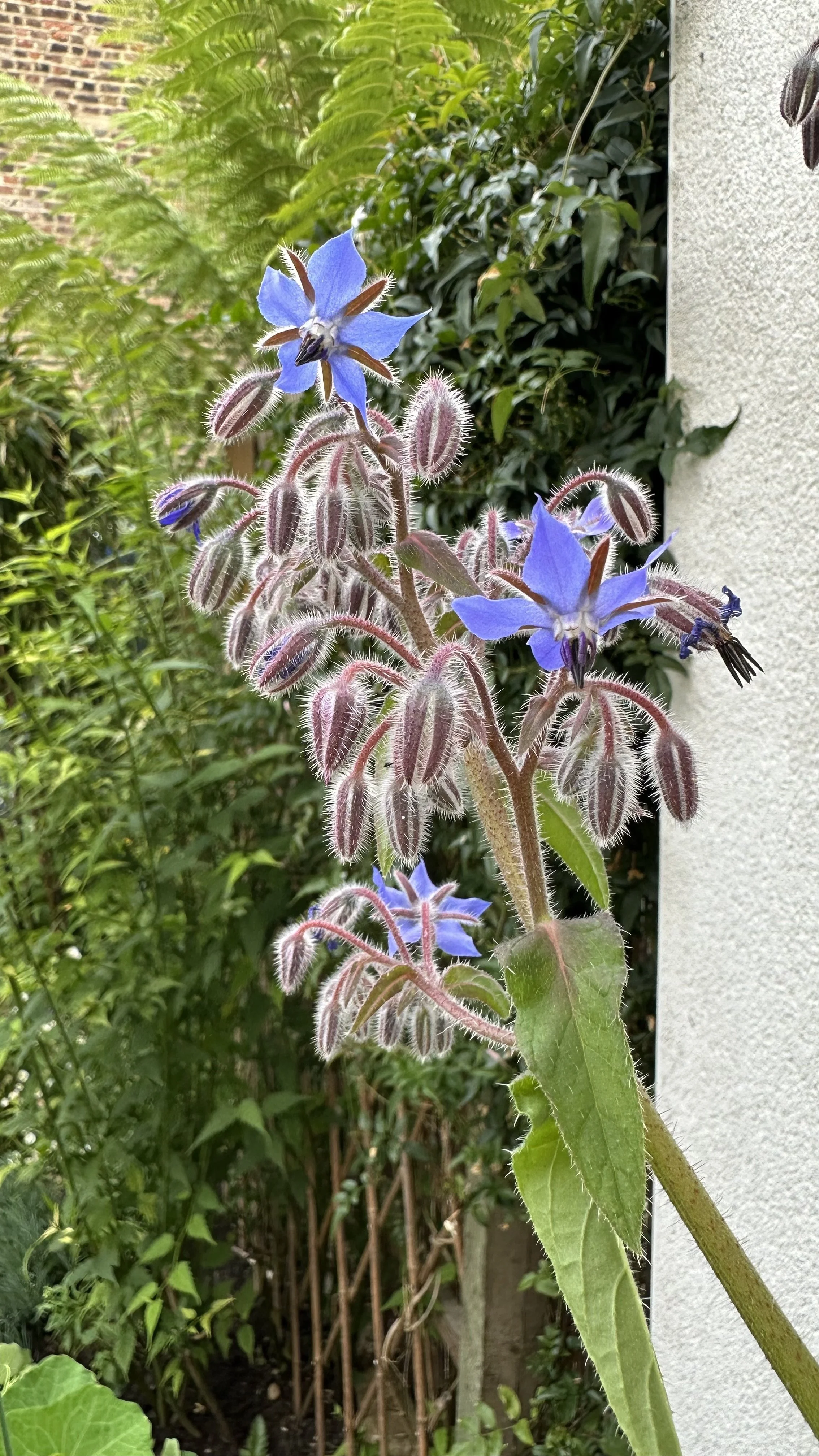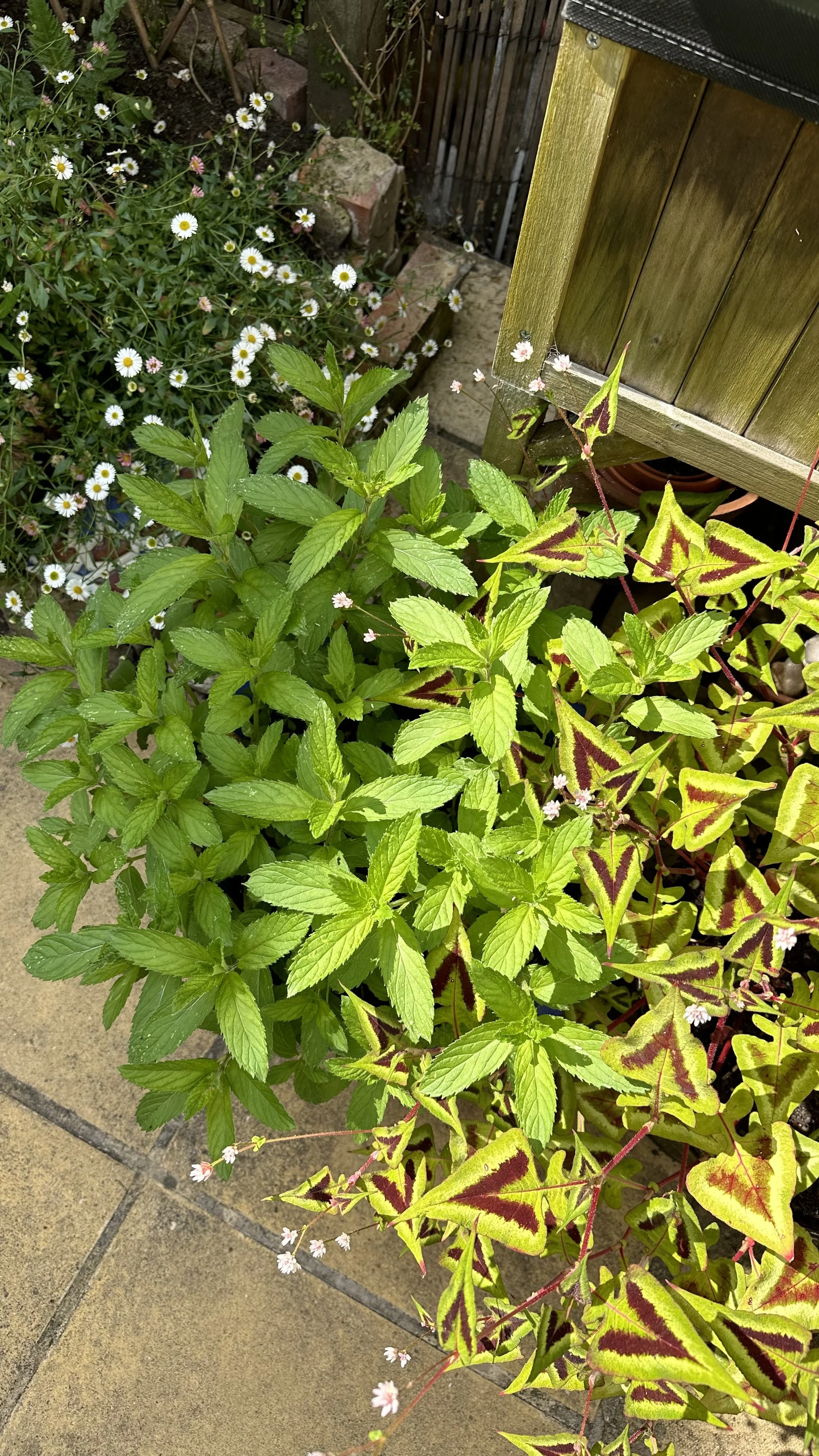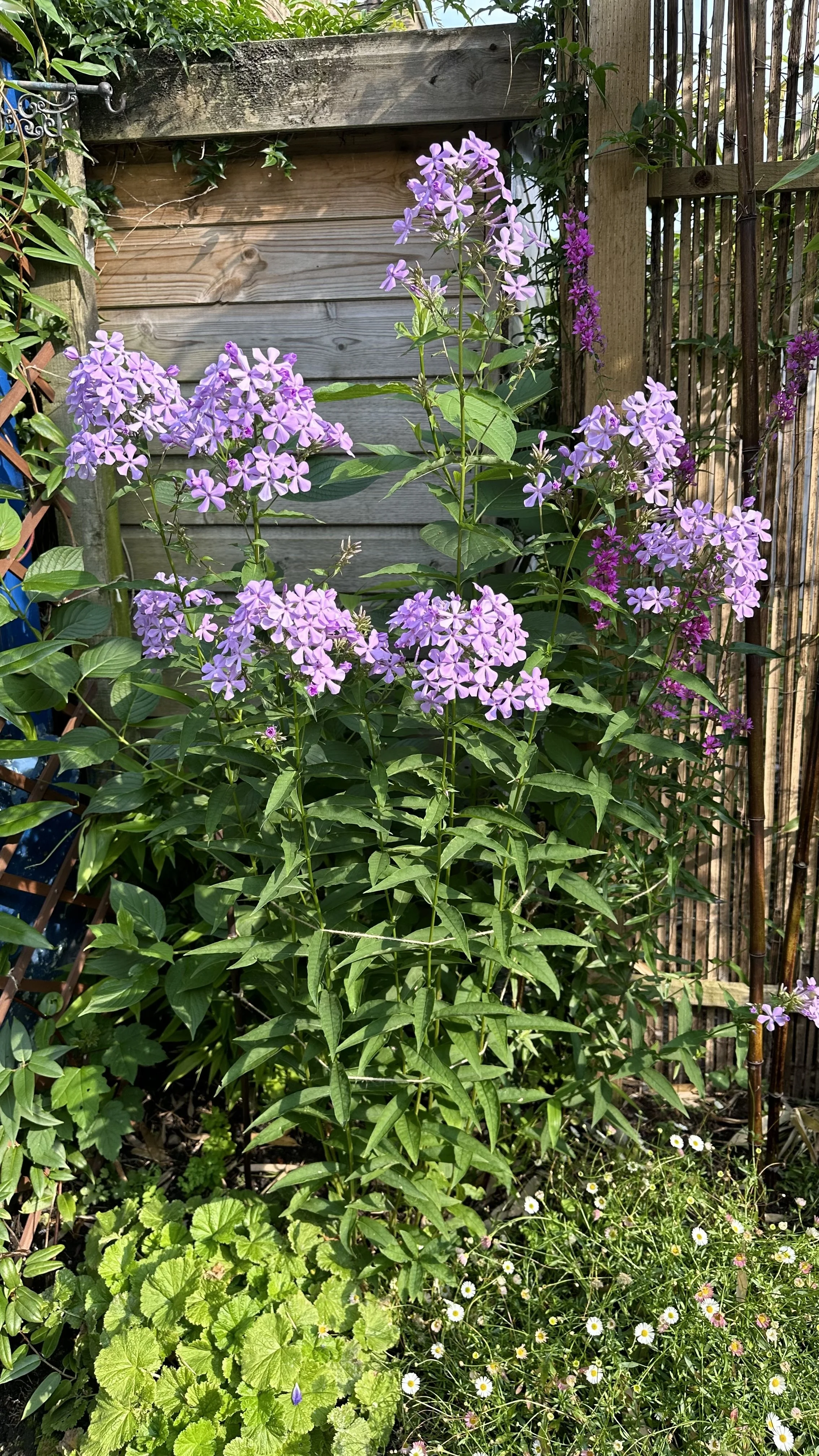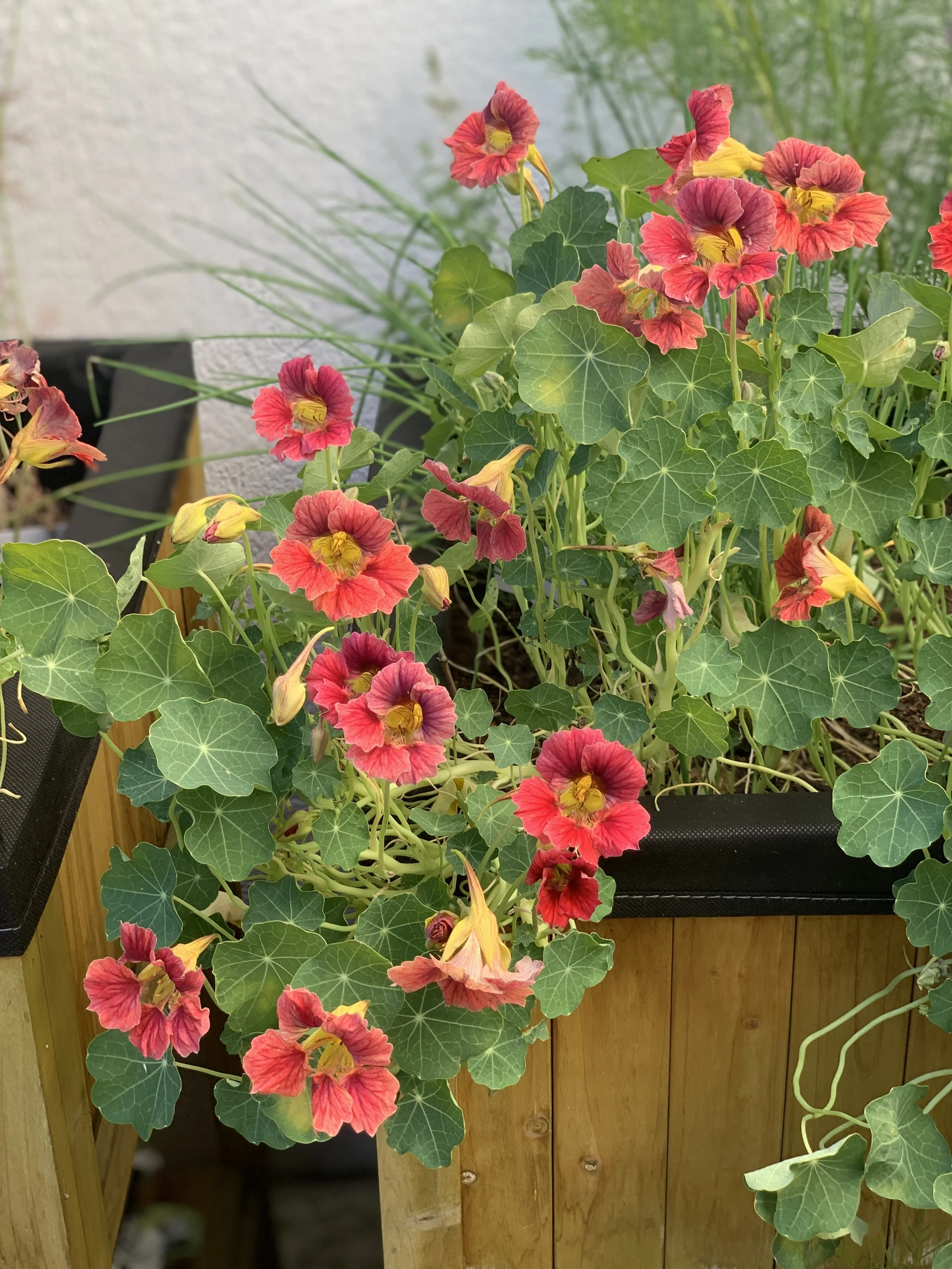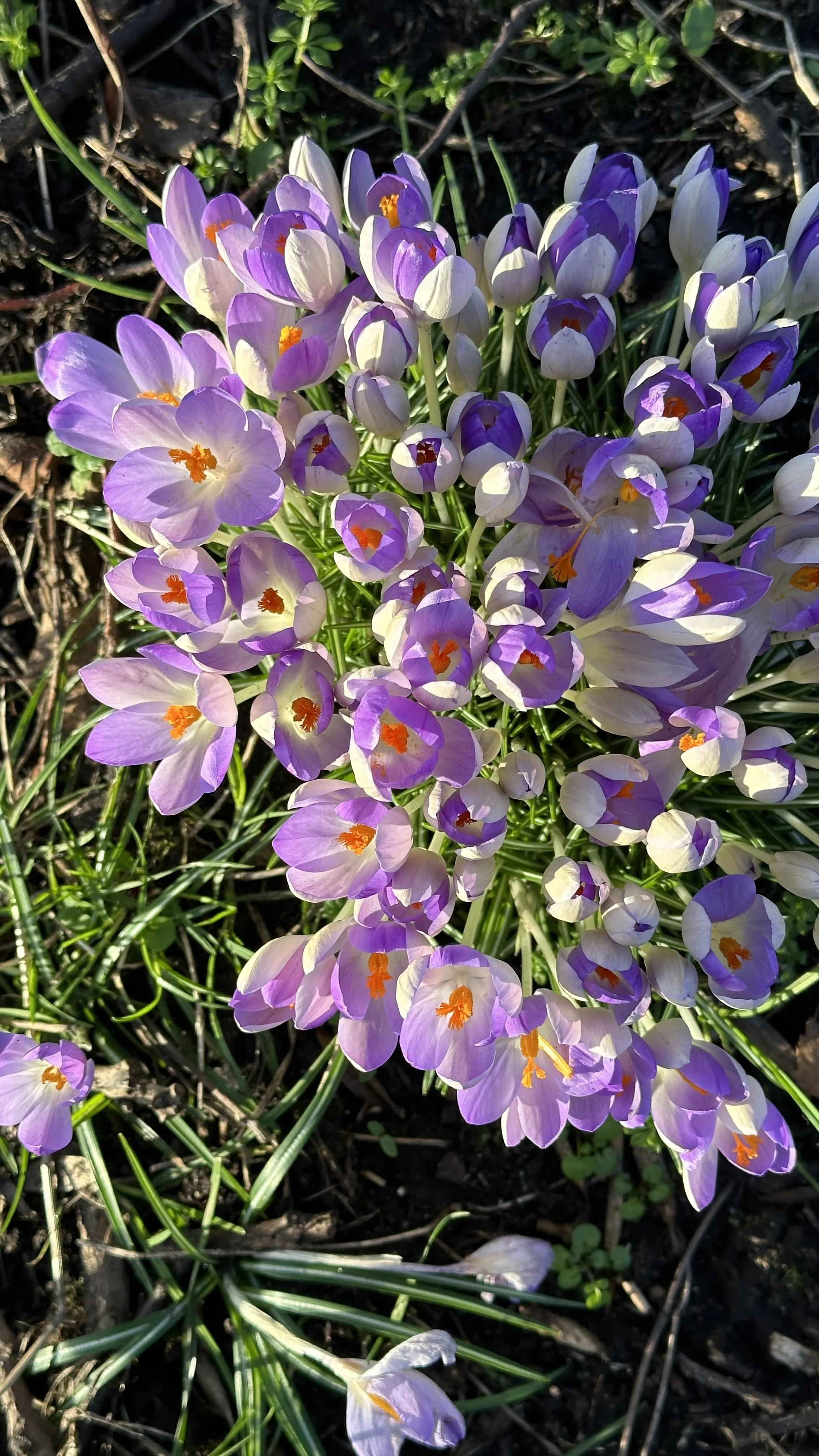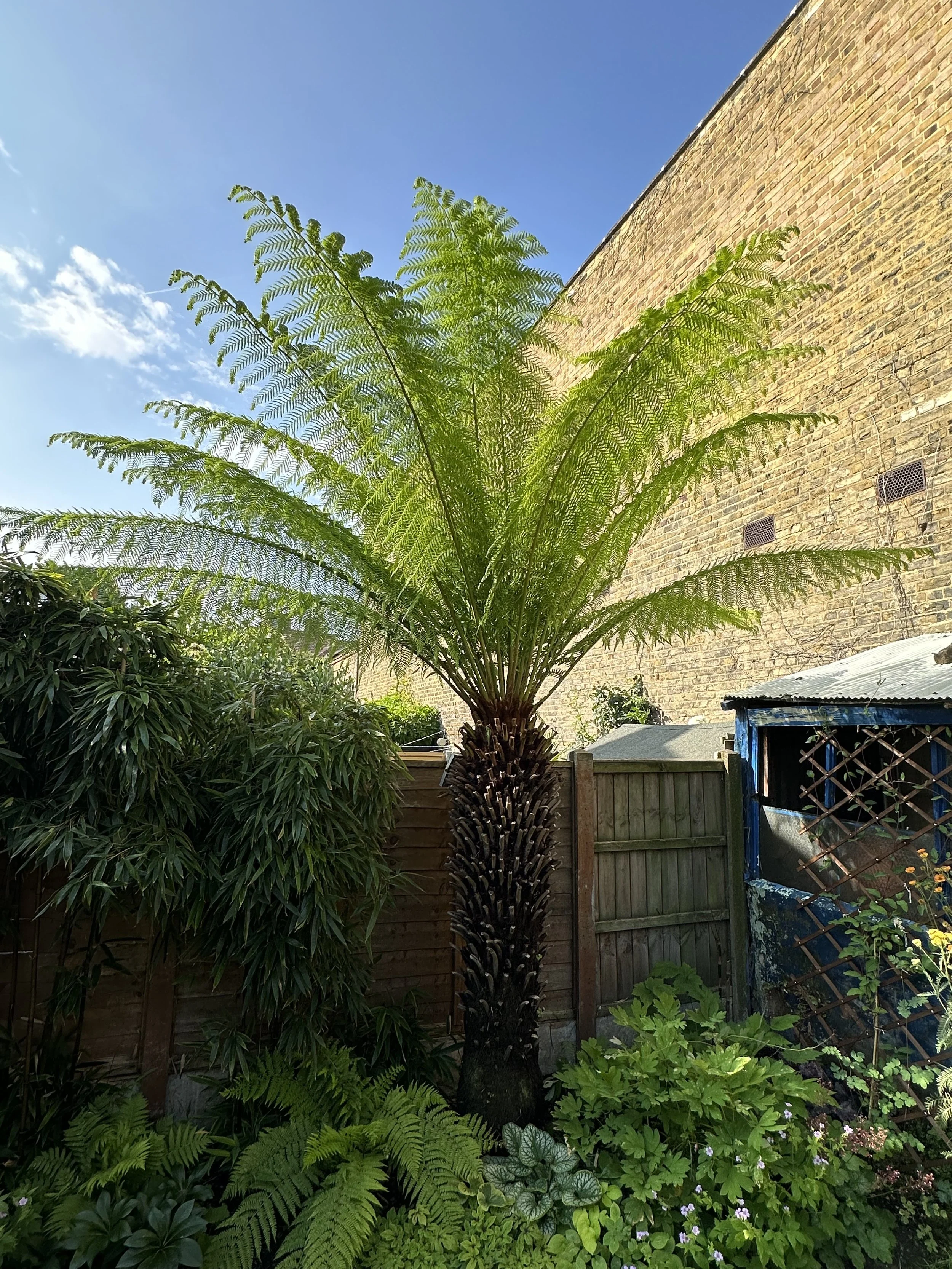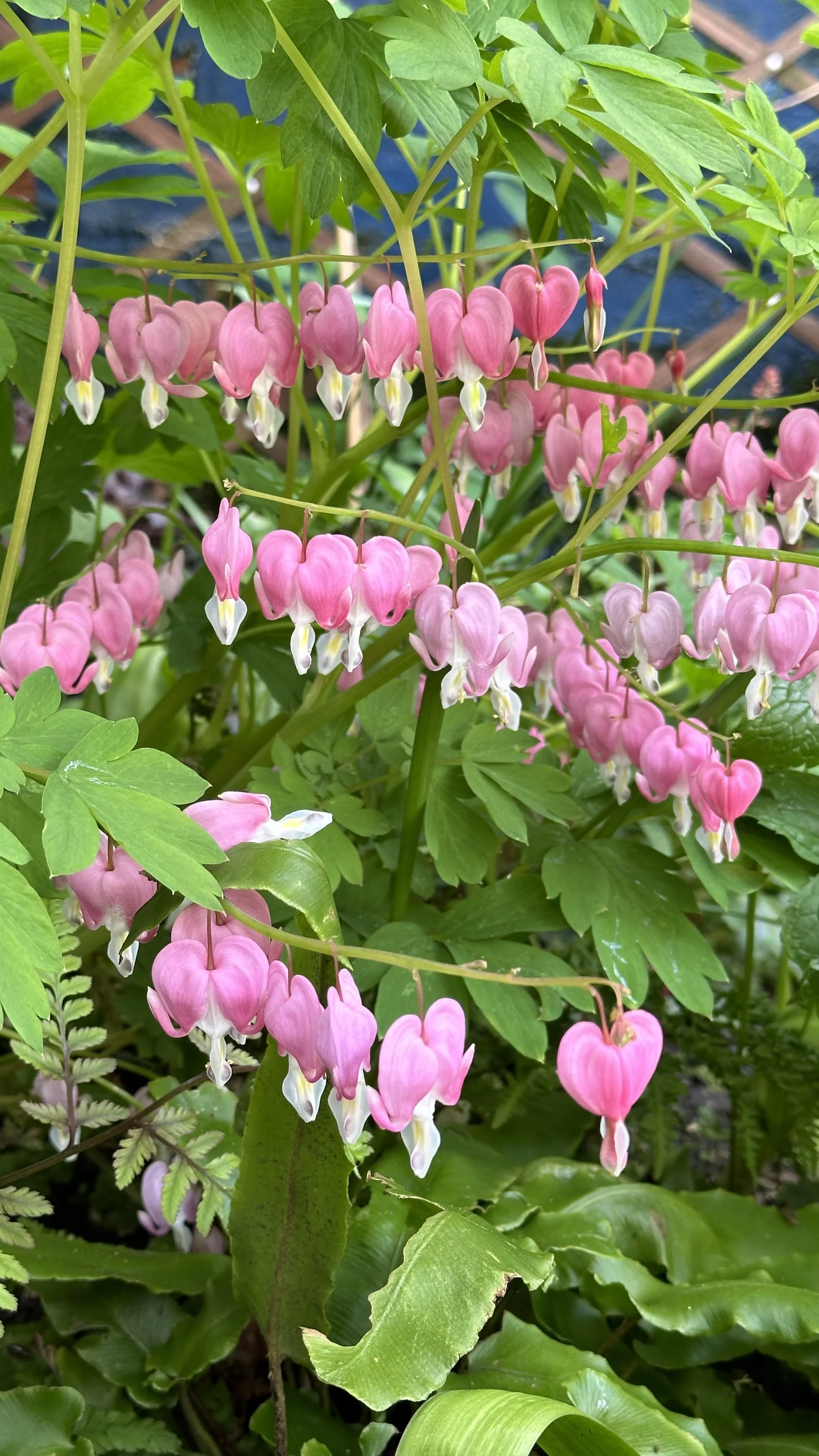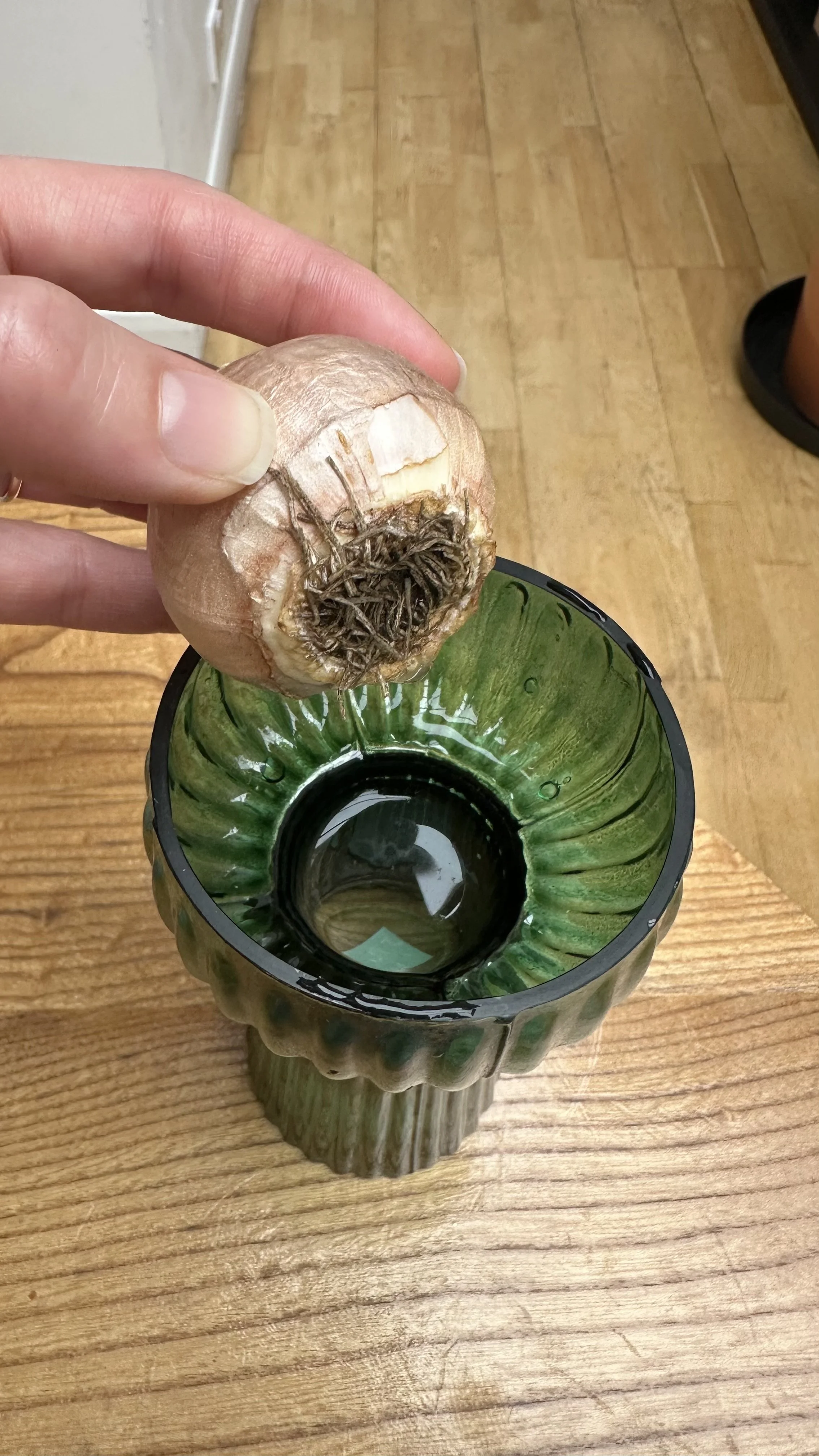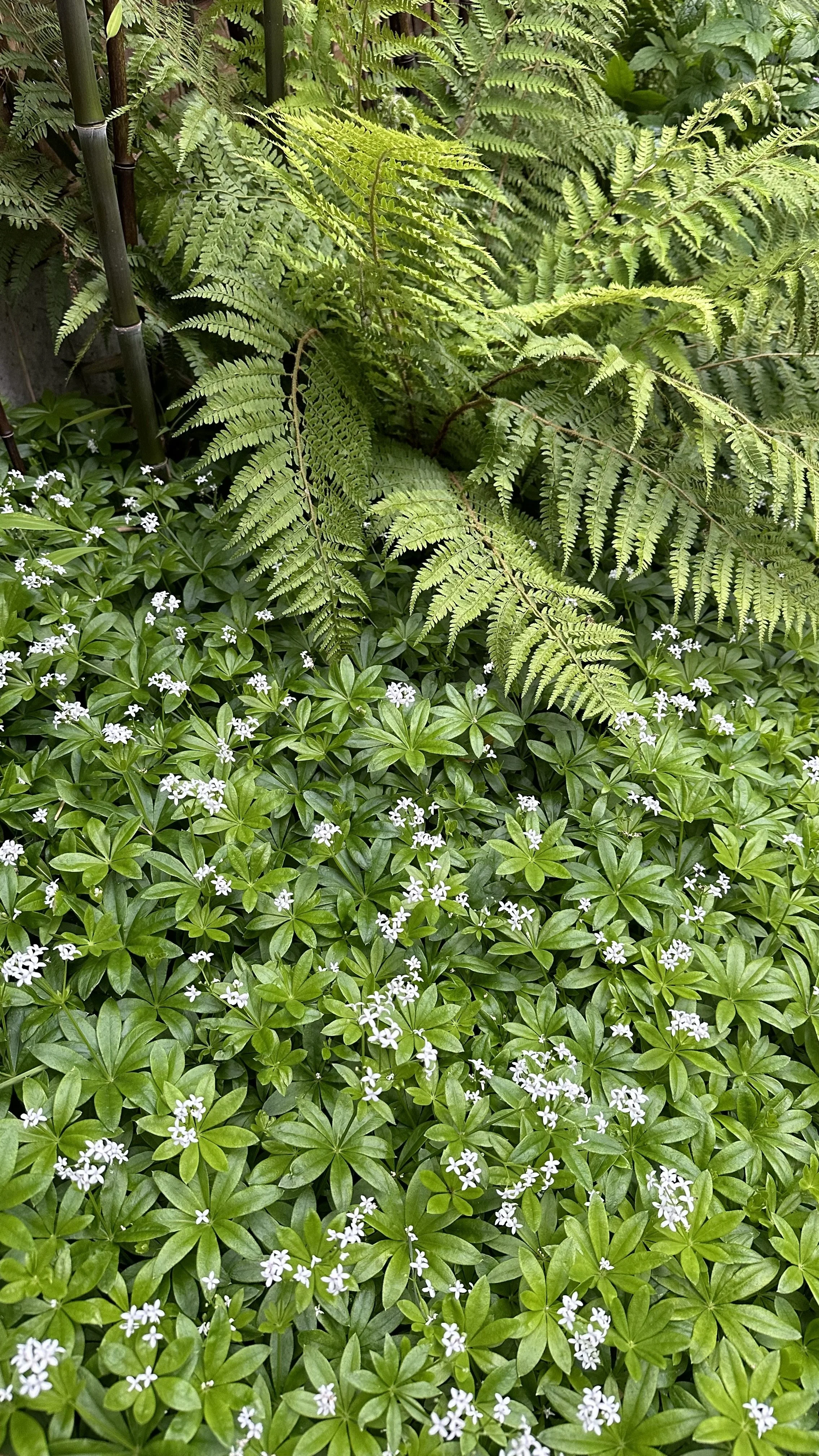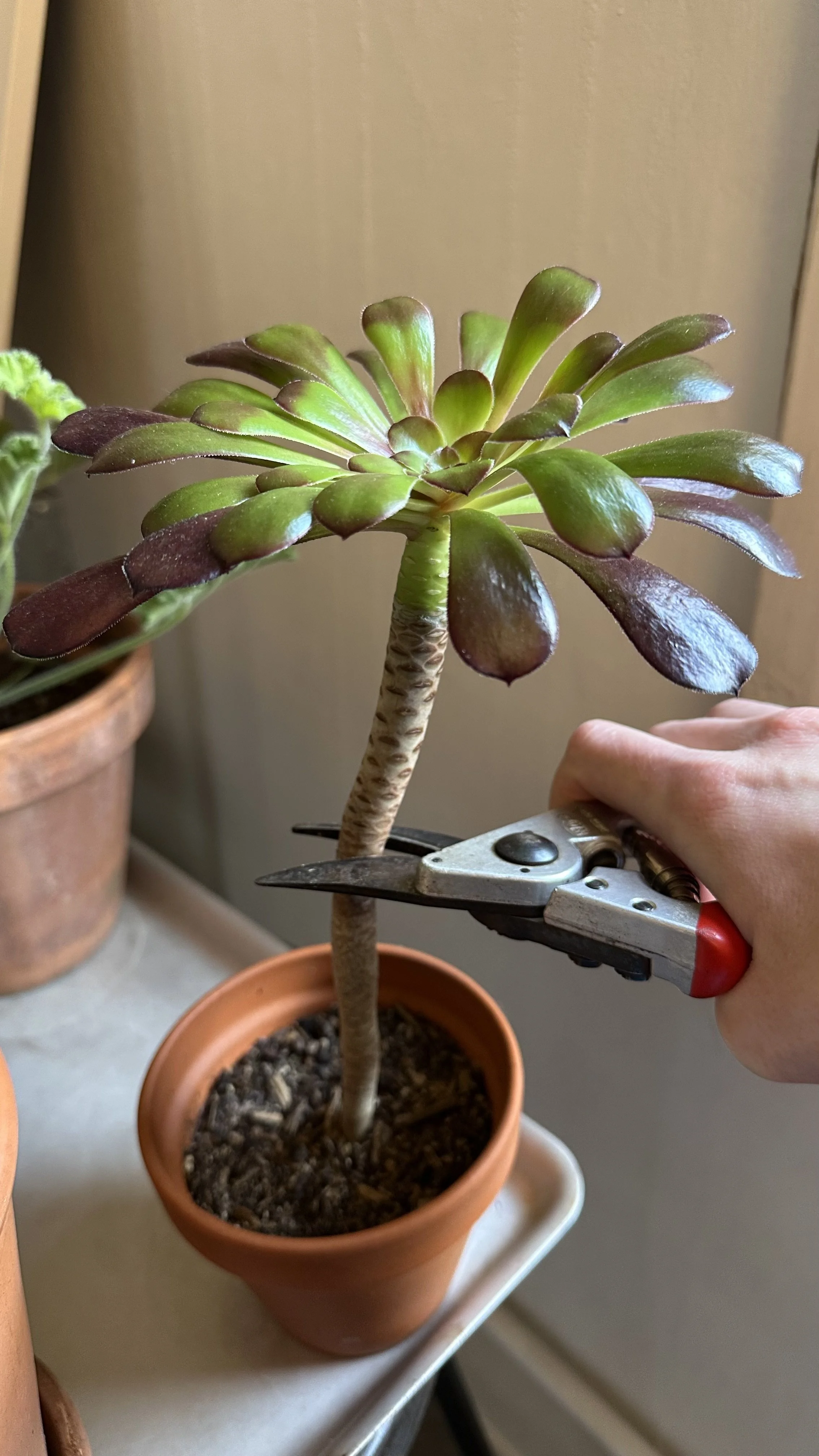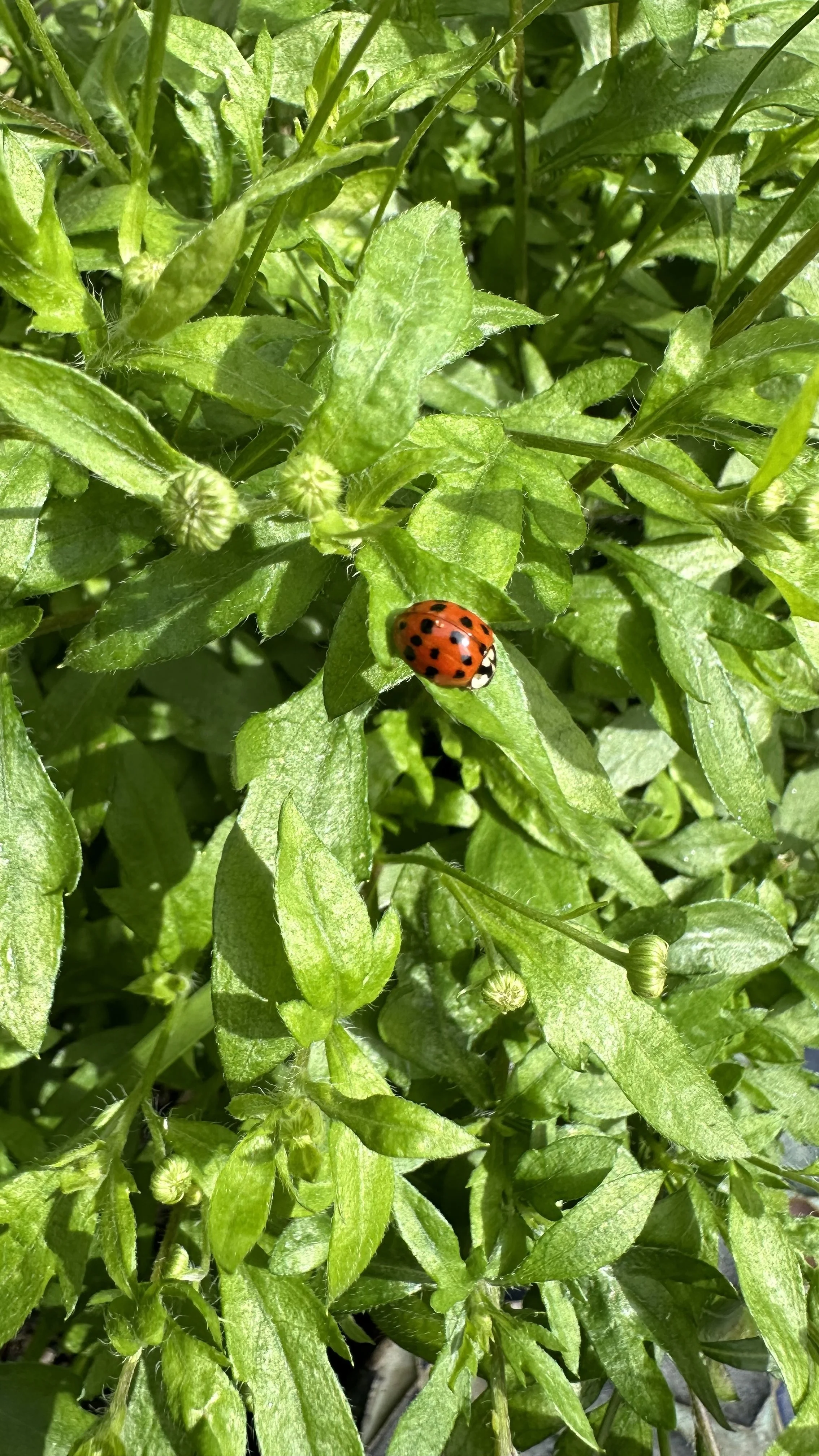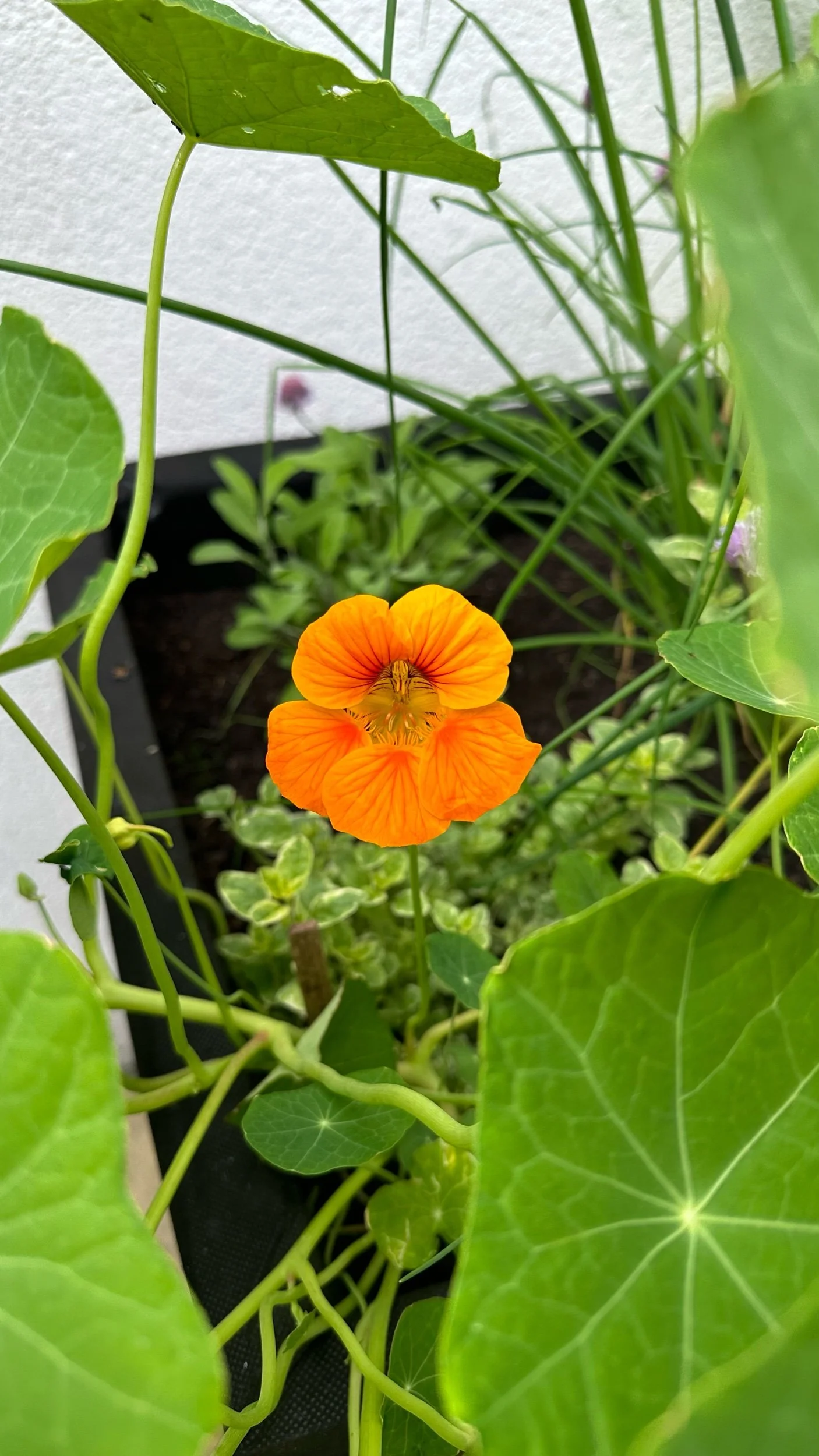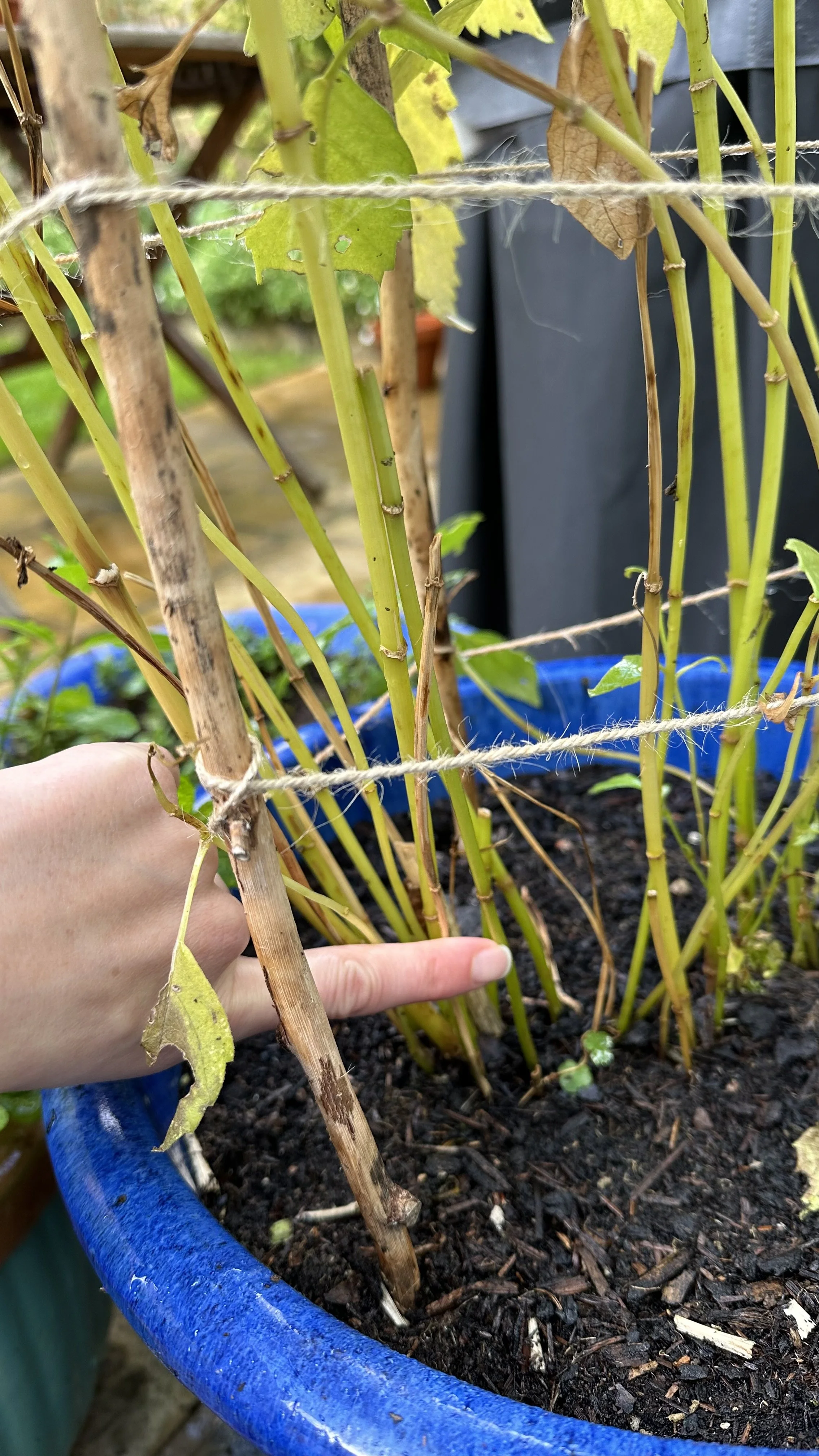Does Fertilizer Go Bad? The Reality of Fertilizer Shelf Life
This article has links to products that I may make commission from.
Nurturing a garden is a labor of love, but it also requires knowledge, especially when it comes to fertilizers. We all know that these potent mixtures play a crucial role in plant health. But do you ever find yourself asking, "Does fertilizer go bad?" or "How long does fertilizer last?"
From organic and synthetic liquid fertilizers to granular variants and lawn-specific products, we'll explore their shelf life and storage methods in this comprehensive guide.
To learn more about fertilizer, check out my guides Quick Homemade Tomato Fertilizer and How to Fertilize Petunias So They Bloom Like Never Before.
In this article:
Liquid Fertilizer: Organic vs. Synthetic
There's a common notion that liquid fertilizer lasts indefinitely, but that isn't entirely accurate. Both liquid organic fertilizer and synthetic liquid fertilizer degrade over time.
Organic liquid fertilizers, like liquid mineral fertilizer and microbial inoculants, may lose their potency within a couple of years. On the other hand, synthetic liquid fertilizers tend to have a longer shelf life, usually up to 8 to 10 years, if stored under appropriate conditions, ideally below 100 degrees Fahrenheit.
Organic Liquid Fertilizers
Organic liquid fertilizers are derived from natural sources like fish emulsion, seaweed extracts, worm castings, guano, or compost teas. They are rich in macro and micro-nutrients needed for plant growth and are usually free from harmful chemicals.
Organic liquid fertilizers enhance the fertility of the soil over time by feeding both plants and the microorganisms that reside in the soil, leading to improved soil structure. Moreover, these fertilizers are generally safe for the environment and do not cause chemical run-off.
Liquid mineral fertilizers are a type of organic fertilizer that directly supply plants with essential minerals like potassium, calcium, and sulfur. The downside is that organic liquid fertilizers may have a shorter shelf life compared to their synthetic counterparts.
They can lose their potency within a few years, especially if stored improperly.
My recommended organic liquid fertilizer:
Synthetic Liquid Fertilizers
Synthetic liquid fertilizers are man-made through a chemical process and are designed to provide specific nutrients to plants. These fertilizers are often favored for their quick, effective results, and precise nutrient ratios.
Synthetic liquid fertilizers are usually more concentrated than organic ones, meaning a little goes a long way. They're often used in commercial agriculture and horticulture because of their cost-effectiveness and consistent results.
However, excessive use of synthetic fertilizers can lead to nutrient imbalances in the soil and contribute to water pollution due to runoff. Similar to organic liquid fertilizers, synthetic fertilizers also degrade over time.
However, they tend to have a longer shelf life, usually lasting up to 8 to 10 years if stored correctly, ideally in cool conditions below 100 degrees Fahrenheit. Whether choosing organic or synthetic liquid fertilizers, it's essential to consider your specific gardening needs, local environment, and long-term soil health.
My recommended synthetic liquid fertilizer:
Potting soil can also go bad. Read more in my guide Does Potting Soil Go Bad? Know the Warning Signs.
Granular Fertilizer and Its Shelf Life
If you've questioned "Does granular fertilizer expire?" or "how to store granular fertilizer", you aren't alone. Granular or dry fertilizers, whether 8-8-8 fertilizer or the high potency 10-10-10 fertilizer, don't go bad or expire if stored correctly.
Even 6-8-10 fertilizer, 8-10-10 fertilizer, and old fertilizer can still be effective if they're kept dry. So, what to do with old fertilizer? Simply store it in a dry, cool place.
What is Granular Fertilizer?
Granular fertilizer is a dry form of plant nutrients, manufactured into small, solid granules. This type of fertilizer can be organic or inorganic. It can have different nutrient ratios to cater to various plant needs, such as the commonly used 8-8-8 fertilizer or the high-potency 10-10-10 fertilizer.
Granular fertilizers are favored for their slow-release properties. Once applied to the soil, they gradually dissolve and release their nutrients over a longer period, providing a sustained source of nutrition for plants.
My recommended granular fertilizer:
Shelf Life of Granular Fertilizer
Granular fertilizers typically have a longer shelf life compared to liquid fertilizers. Stored properly, they can remain effective for many years, sometimes even indefinitely. The most critical factor in preserving the shelf life of granular fertilizer is keeping it dry.
Moisture can cause the fertilizer granules to clump together or break down prematurely, which may affect the controlled release of nutrients.
In terms of storage, granular fertilizer should be kept in a cool, dry place, preferably in a sealed container to prevent moisture absorption from the air. Always follow the storage recommendations on the product's packaging to ensure the fertilizer retains its effectiveness for as long as possible.
Remember, while an old granular fertilizer may still be usable, it may not be as potent as when it was fresh. Over time, some nutrient degradation may occur. However, a minor decrease in nutrient content will not significantly affect its overall effectiveness.
So next time you find an old bag of granular fertilizer in your garden shed, don't be quick to discard it. With the right storage conditions, your granular fertilizer can continue to nourish your garden for many seasons to come.
Equip your urban green space with my recommend top tier tools.
Lawn Fertilizer and Its Expiration
What is Lawn Fertilizer?
Lawn fertilizer is a product specifically designed to deliver essential nutrients that grass needs to grow thick, green, and vigorous. Just like other plants, grass needs a balanced diet of nutrients, including nitrogen, phosphorus, and potassium - the three primary nutrients represented in fertilizer ratios such as 10-10-10.
There are various types of lawn fertilizers, including granular, liquid, synthetic, and organic versions. Some are designed for slow-release over several weeks or months, while others provide a quick nutrient boost.
Some lawn fertilizers, like Scotts 10 10 10 lawn fertilizer, contain additional ingredients like weed killers or insect control agents.
My recommended lawn fertilizer:
Expiry of Lawn Fertilizer
One common question among homeowners is, "Does lawn fertilizer expire?" The answer largely depends on the type of fertilizer and storage conditions. Scotts 10 10 10 lawn fertilizer, or the popular ten ten ten fertilizer, like other fertilizers, don't "expire" in the traditional sense.
However, over several years, the nutrients may not be as potent or effective.
Typically, lawn fertilizers do not have a defined expiration date. If stored properly - in a dry, cool, and dark place - both granular and liquid lawn fertilizers can last for several years and maintain their effectiveness.
However, over a very long time (several years to a decade), certain nutrients in the fertilizer, particularly nitrogen, can begin to break down and lose their potency. This doesn't mean the fertilizer is "bad" or harmful to your lawn; it just may not deliver as strong a nutrient boost as when it was fresh.
Liquid lawn fertilizers, especially organic ones, may have a shorter shelf life compared to granular types. However, they can still last a couple of years if stored under proper conditions. If you're in doubt about the potency of your old fertilizer, consider doing a small test patch on your lawn before doing a full application.
If the grass in the test area responds well and starts to green up after a week or two, the fertilizer is likely still good to use. Ultimately, understanding the longevity and proper storage of lawn fertilizers can help you maintain a lush, green lawn for years to come.
Check out my guide: The Best Gardening Books for Beginners.
Does Fertilizer Go Bad if Wet?
Whether it's liquid rose food or a standard liquid fertilizer, does fertilizer go bad if wet? The answer is no, but its application changes. Wet fertilizer can't be spread uniformly, which can lead to over-fertilization in certain areas.
Wet Fertilizer
The short answer is that yes, fertilizer can degrade or become less effective if it gets wet, especially for granular or dry fertilizers.
When dry fertilizers come in contact with moisture, several things can happen:
Clumping: The most immediate effect of moisture is that the fertilizer may clump together, making it more difficult to spread evenly.
This can lead to uneven distribution of nutrients in your garden or lawn, which could result in patches of over or under-fertilized areas.
Nutrient Leaching: When dry fertilizers get wet, some of the nutrients may start to dissolve and leach out. This means that the fertilizer's effectiveness can be reduced, as it may not deliver the same quantity of nutrients as it was designed to.
Premature Release: For slow-release fertilizers, getting wet can lead to a premature release of the nutrients. Instead of the nutrients being delivered over a period of weeks or months, they could be released all at once, which may lead to nutrient burn or other issues for your plants.
Prevention and Storage
To prevent your fertilizer from getting wet, it should be stored properly.
Here are a few tips:
Original Packaging: Store the fertilizer in its original packaging, which is designed to protect the product from moisture and other adverse conditions.
Proper Container: If the original packaging is damaged, transfer the fertilizer to an airtight, moisture-proof container.
Ideal Location: The storage area should be cool, dry, and out of direct sunlight. Also, be sure it's a place where it won't be reached by children or pets.
Avoid Contamination: Make sure your measuring or spreading tools are dry before dipping them into the fertilizer.
In conclusion, while a little moisture might not immediately "spoil" your fertilizer, it can certainly affect its ease of application and effectiveness. For best results, keep your fertilizers - liquid or dry - stored correctly and away from excess moisture.
How Long Does Fertilizer Last in Soil?
Another common query is, "how long does fertilizer last in soil?" Typically, the nutrients from fertilizers can last anywhere from a few weeks to several months in the soil, depending on the product and weather conditions.
Fertilizer Longevity in Soil
The duration a fertilizer remains effective in soil depends on several factors, including the type of fertilizer (organic or synthetic), its form (liquid or granular), the nutrient composition, and environmental conditions such as temperature, rainfall, and soil type.
Organic Fertilizers
Organic fertilizers, which include compost, manure, bone meal, and others, release their nutrients slowly as they break down over time. This process can take from a few weeks to several months or even longer, depending on the specific material and soil conditions.
For instance, a well-composted manure may continue to feed plants for two to six months, while bone meal can release nutrients for up to a year or more.
Synthetic Fertilizers
Synthetic fertilizers tend to release nutrients faster than organic ones, especially if they're in a liquid or water-soluble form. These can provide nutrients almost immediately but usually don't last as long in the soil.
However, there are also slow-release synthetic fertilizers that can provide nutrients over several weeks or even months. For instance, coated granular fertilizers, like Osmocote, can feed plants for 3-4 months or more.
Here is where I recommend buying Osmocote:
Factors Influencing Fertilizer Longevity
The rate at which fertilizer nutrients are released and used up also depends on environmental and soil conditions. For instance:
Temperature: Warmer soil temperatures can speed up the release of nutrients, especially for organic fertilizers.
Rainfall/Watering: Excessive rainfall or over-irrigation can leach nutrients out of the soil, shortening the effective lifespan of the fertilizer.
Soil Type: Sandy soils do not hold onto nutrients as well as loamy or clay soils, meaning fertilizer may not last as long in sandy conditions.
In summary, there's no one-size-fits-all answer to how long fertilizer lasts in soil. It's essential to consider the specific fertilizer you're using, your soil conditions, and your plants' nutritional needs when planning your fertilization schedule.
Regular soil testing can also help you monitor nutrient levels and adjust your fertilizing practices as needed.
How to Store Fertilizer
Proper storage of fertilizers is essential to maintaining their effectiveness and ensuring safety. Let's look at some best practices for storing fertilizers.
Ideal Storage Conditions
Cool & Dry Environment: Fertilizers should be stored in a cool, dry location. Excessive heat can degrade certain fertilizers over time, while moisture can cause clumping or even premature nutrient release, especially in granular products.
Airtight Containers: If the original packaging is damaged or not resealable, consider transferring the fertilizer to an airtight, moisture-proof container. This is especially crucial for dry or granular fertilizers.
Original Packaging: Whenever possible, keep the fertilizer in its original packaging. This helps you keep track of the product information and usage instructions.
Away from Children and Pets: Fertilizers should be stored out of reach of children and pets, as they can be harmful or fatal if ingested.
Separation from Other Products: Store fertilizers separate from other garden products like pesticides or fuels, which could lead to harmful chemical reactions if accidentally mixed.
Storing Different Types of Fertilizers
Granular/Dry Fertilizers: These should be kept in a dry place, preferably in a sealed container, to prevent moisture absorption.
Liquid Fertilizers: For liquid fertilizers, including mineral, synthetic, and organic liquid fertilizers, make sure the containers are tightly sealed to prevent leakage or evaporation.
Organic Fertilizers: Organic fertilizers, such as compost or manure, should be stored separately from synthetic products and covered to avoid contamination or nutrient leaching due to rain.
Microbial Inoculants: Microbial inoculants or biofertilizers often have specific storage requirements. They should usually be kept in a cool place and out of direct sunlight to maintain the viability of the microbes.
Lastly, keep an inventory of your fertilizers and try to use the oldest products first. Regularly check the stored fertilizers for any signs of degradation or damage to the containers. By storing your fertilizers correctly, you can prolong their shelf life, maintain their effectiveness, and ensure that your plants get the nutrients they need for healthy growth.
In conclusion, it's crucial to understand that different fertilizers last varying lengths of time, both on the shelf and in the soil. Whether you use organic or synthetic, liquid or granular products, your choice of plant food can significantly influence the health and beauty of your plants, lawn, and garden as a whole.
Moreover, how you store your fertilizer plays a significant role in its shelf life. By keeping your fertilizers dry and cool, you can maintain their effectiveness over time and minimize waste.
But remember, using fertilizers is only one aspect of lawn care. Regular watering, mowing, and weed control, along with attentive observation of your lawn's health, also contribute to a lush, vibrant landscape.
By using this information, you can maximize the benefits of your fertilizers, reduce unnecessary costs, and enjoy the rewarding results of your gardening efforts.
